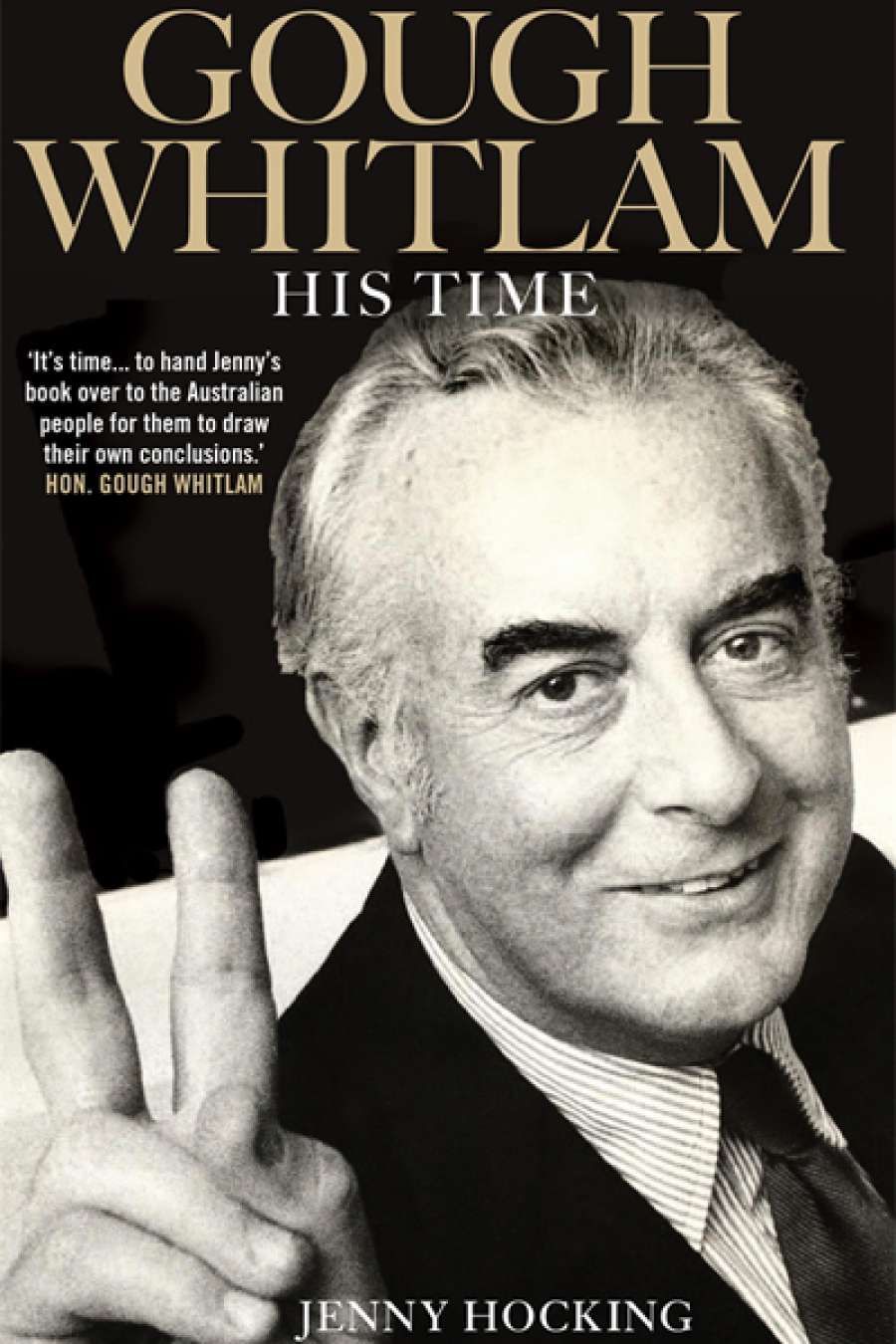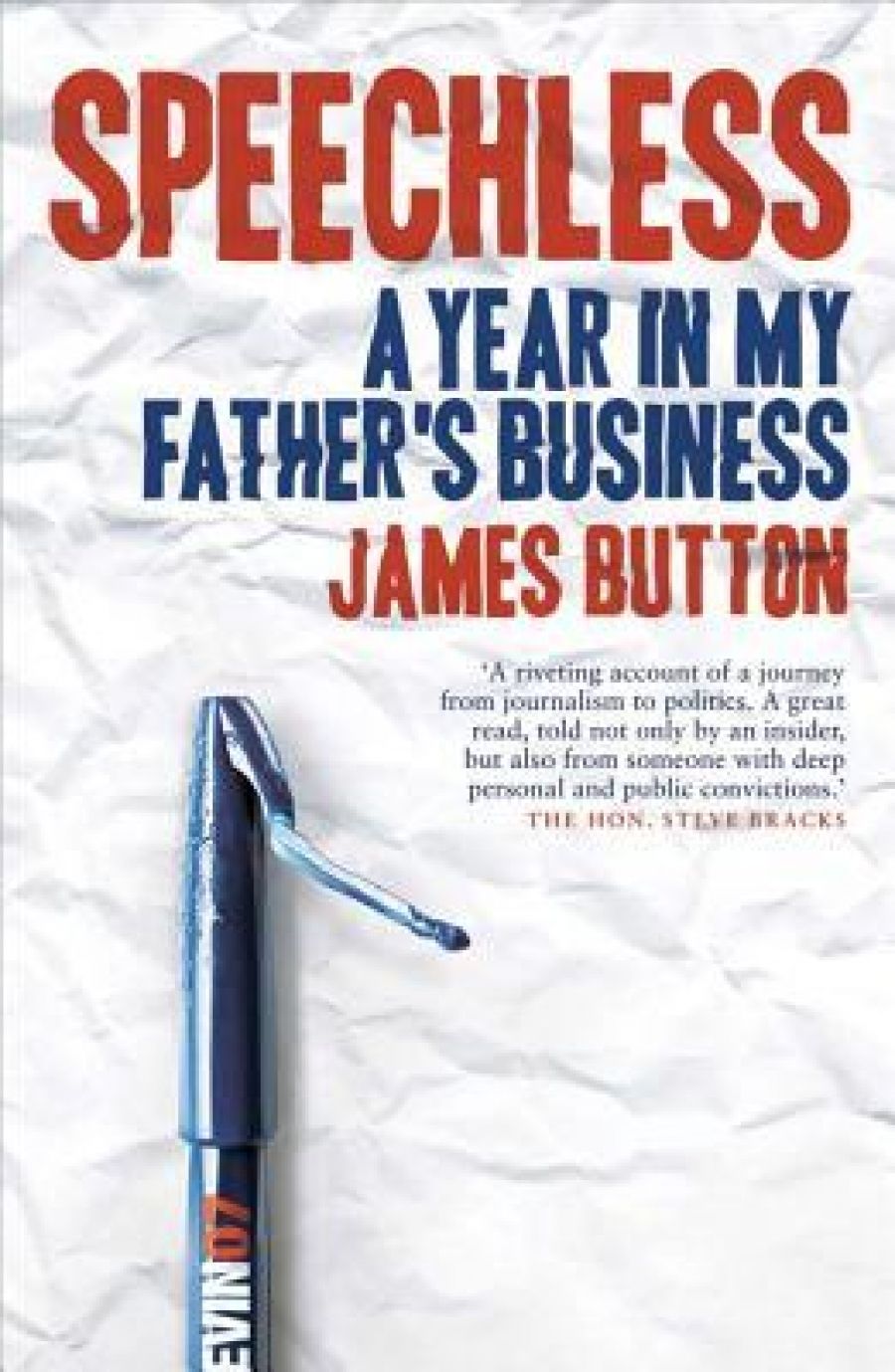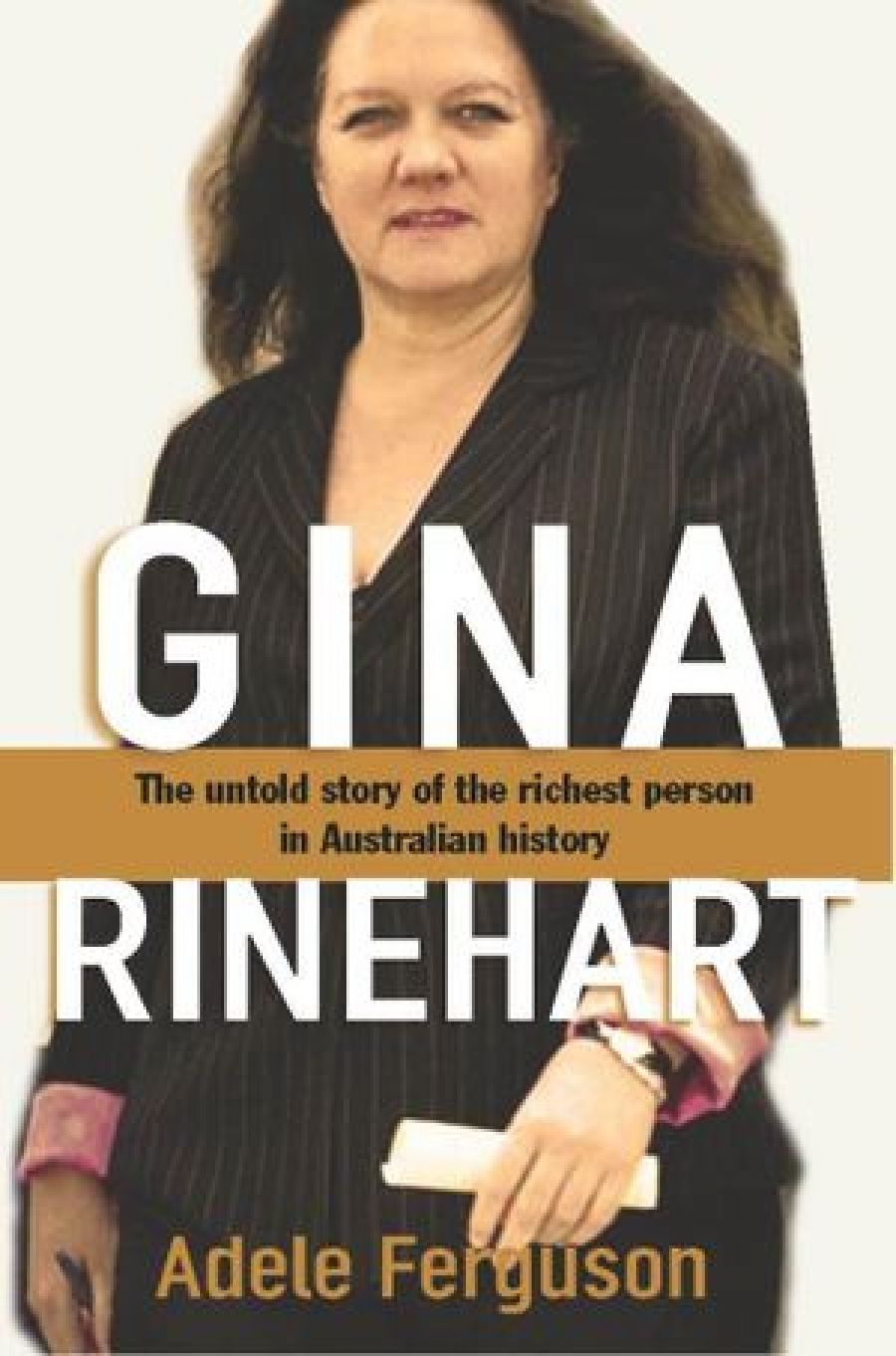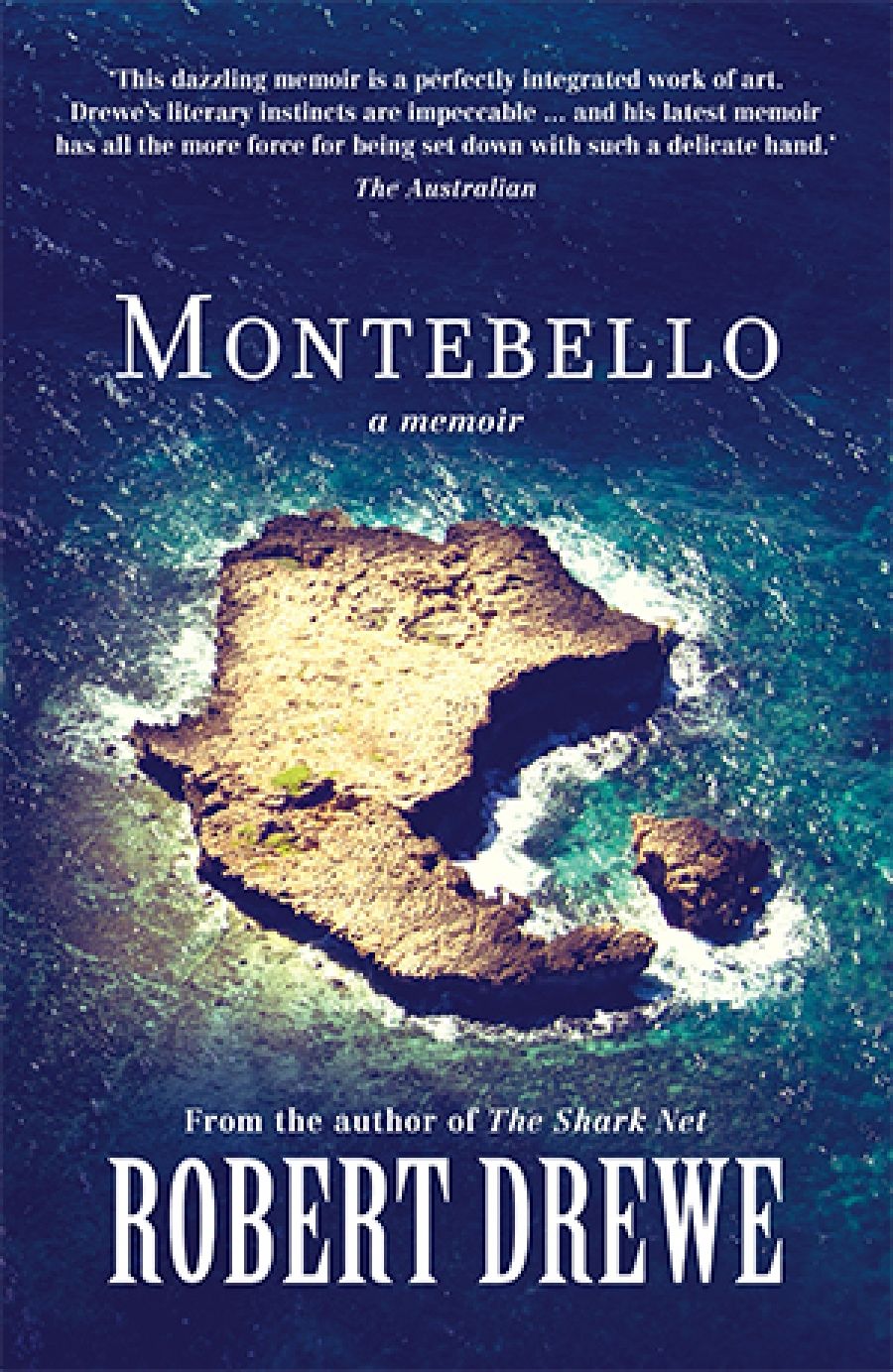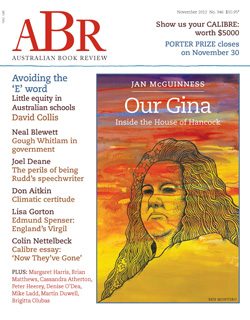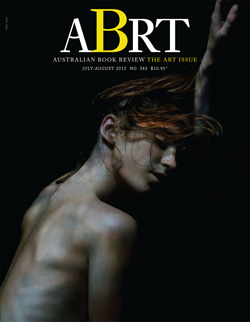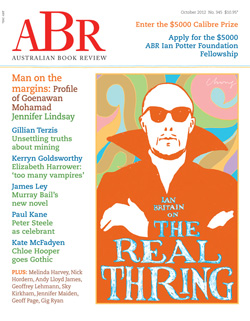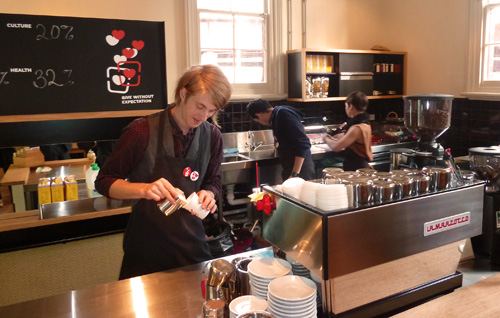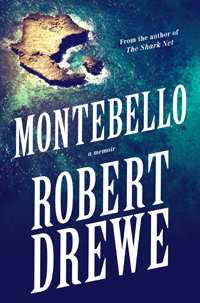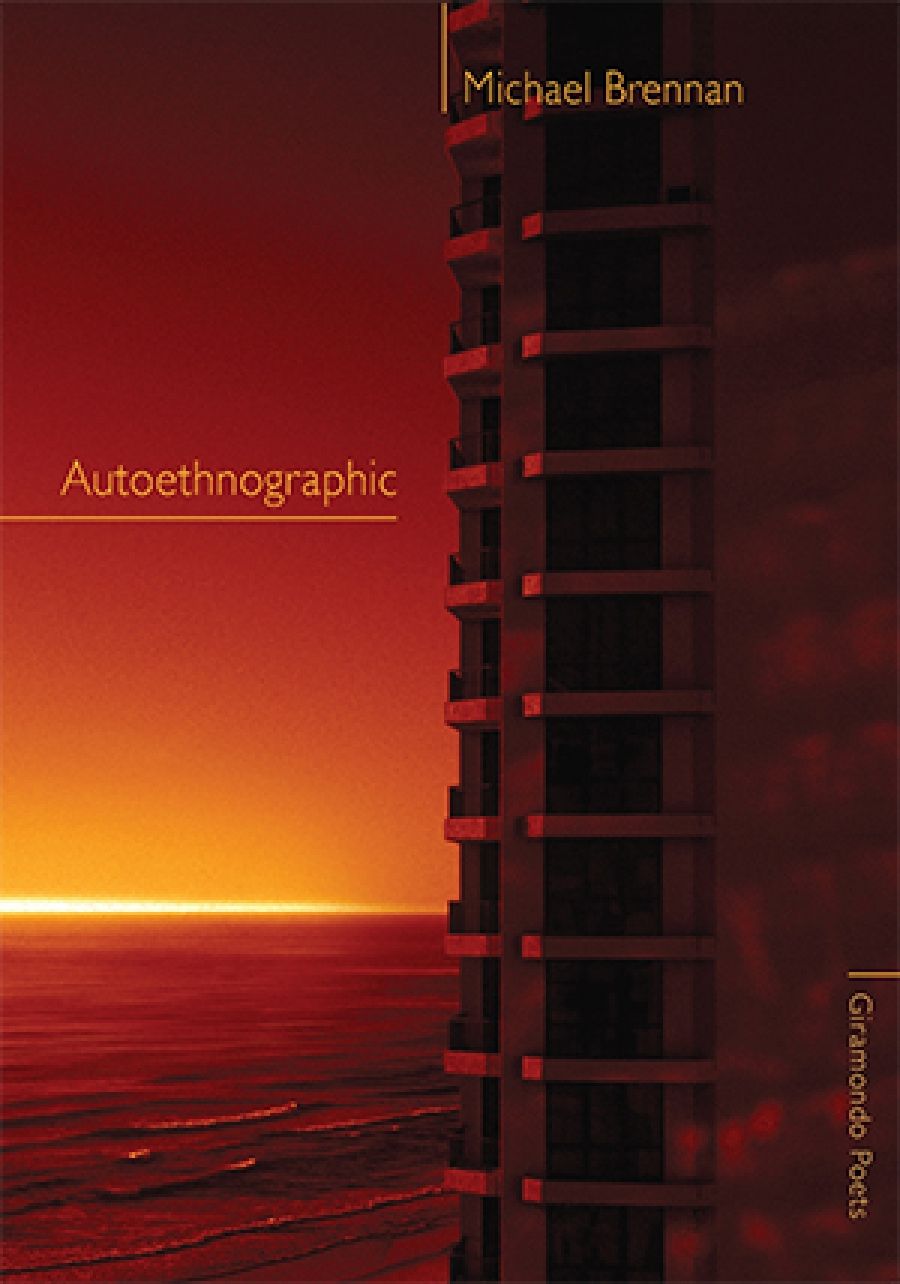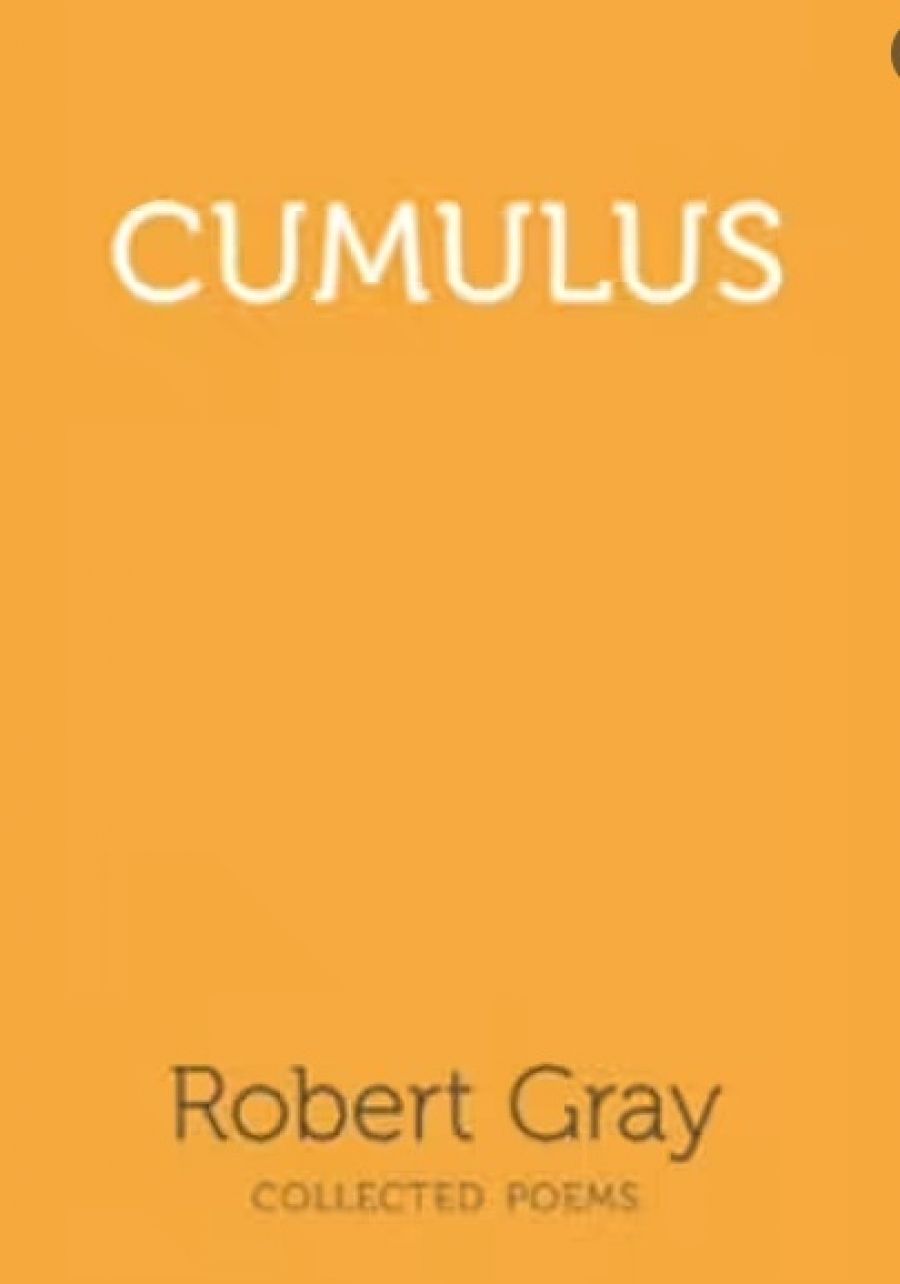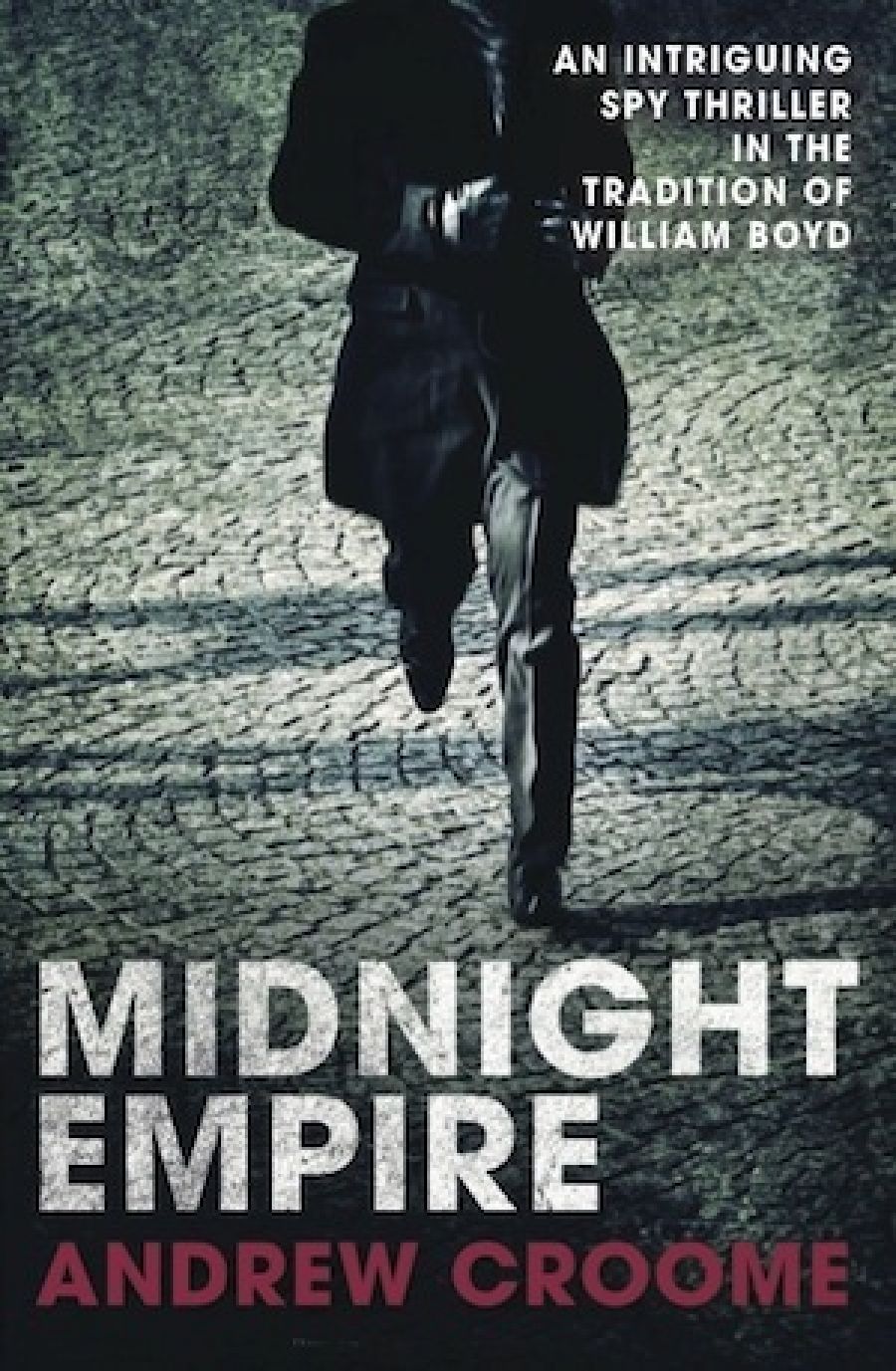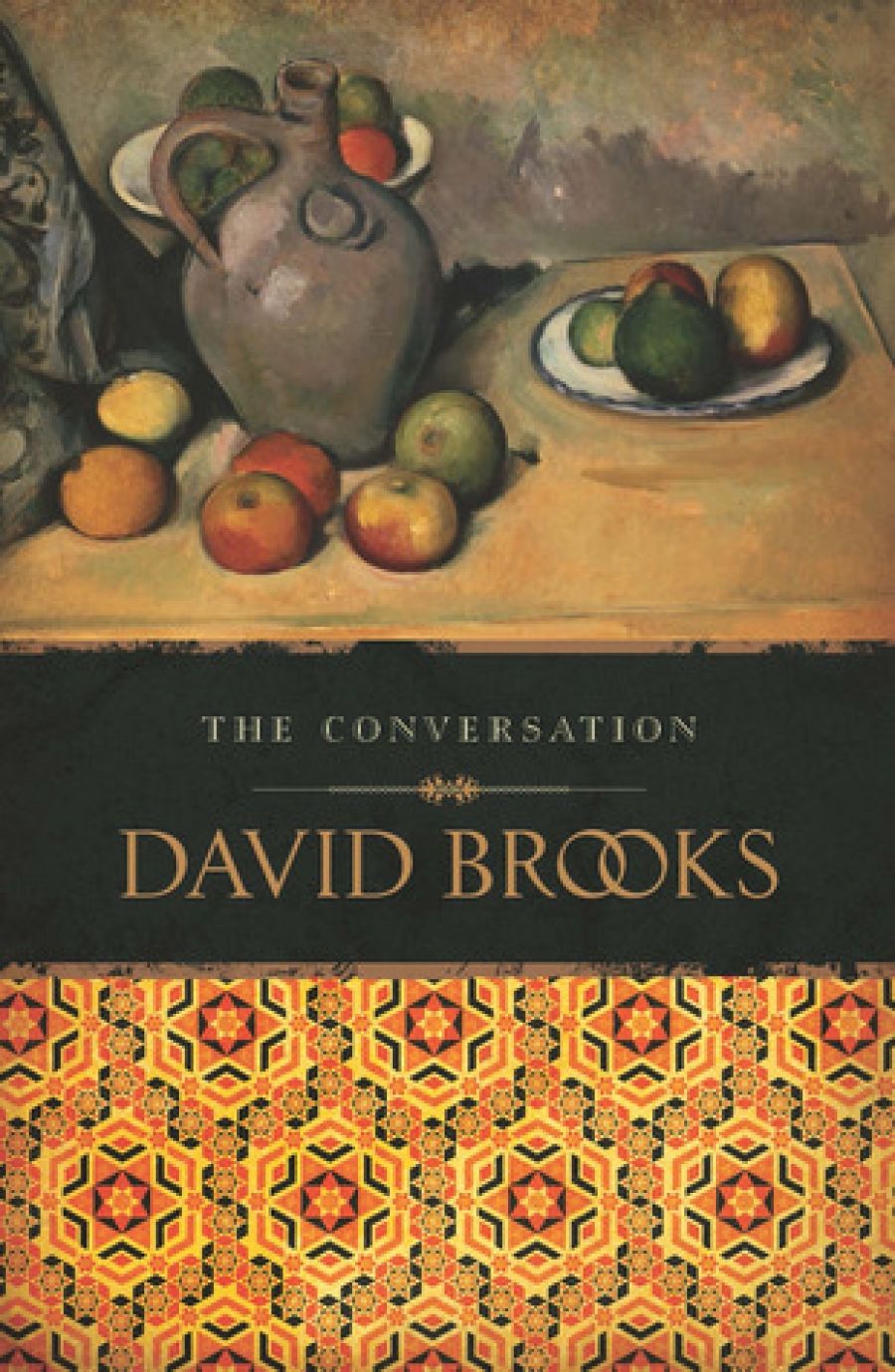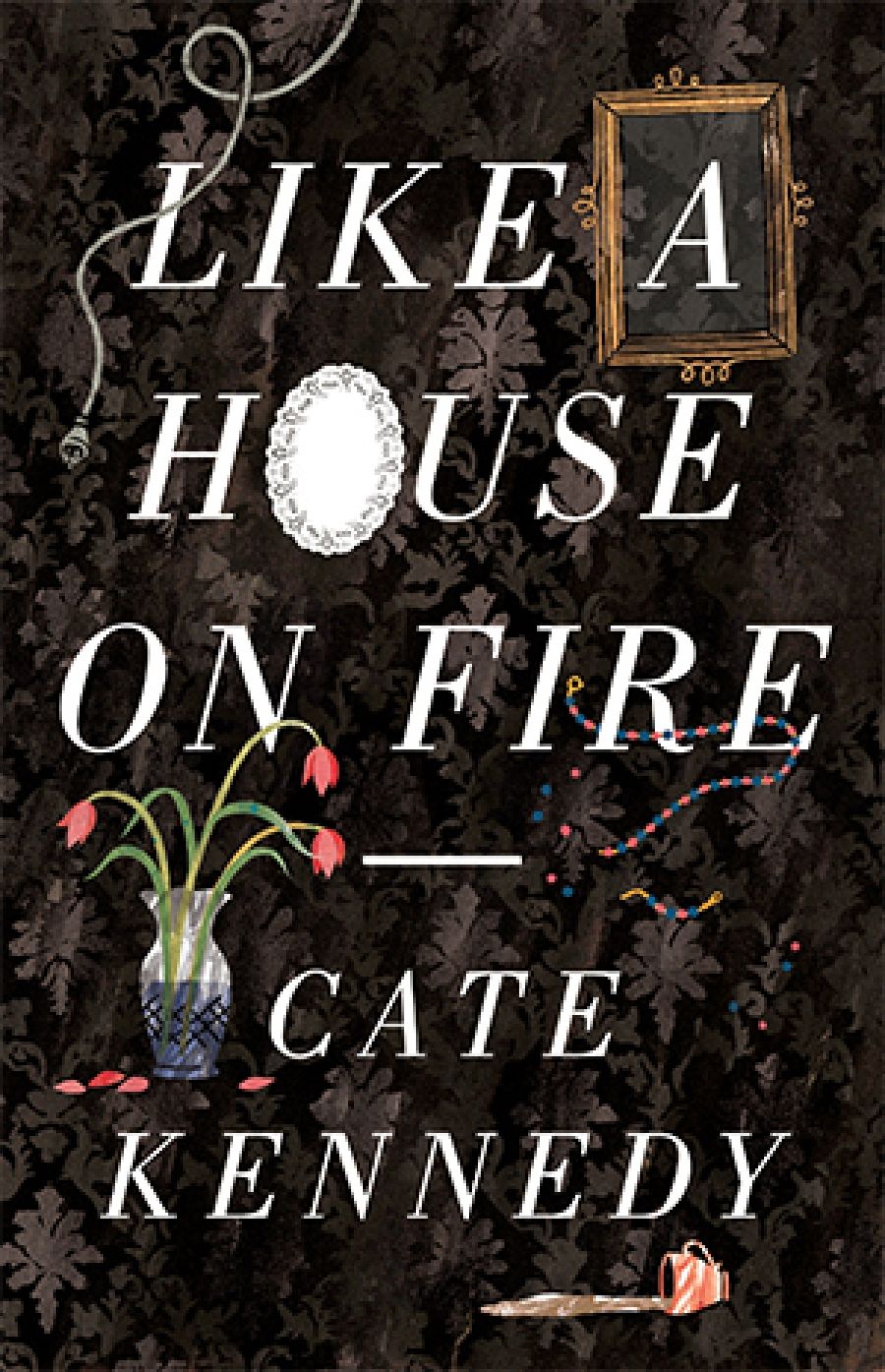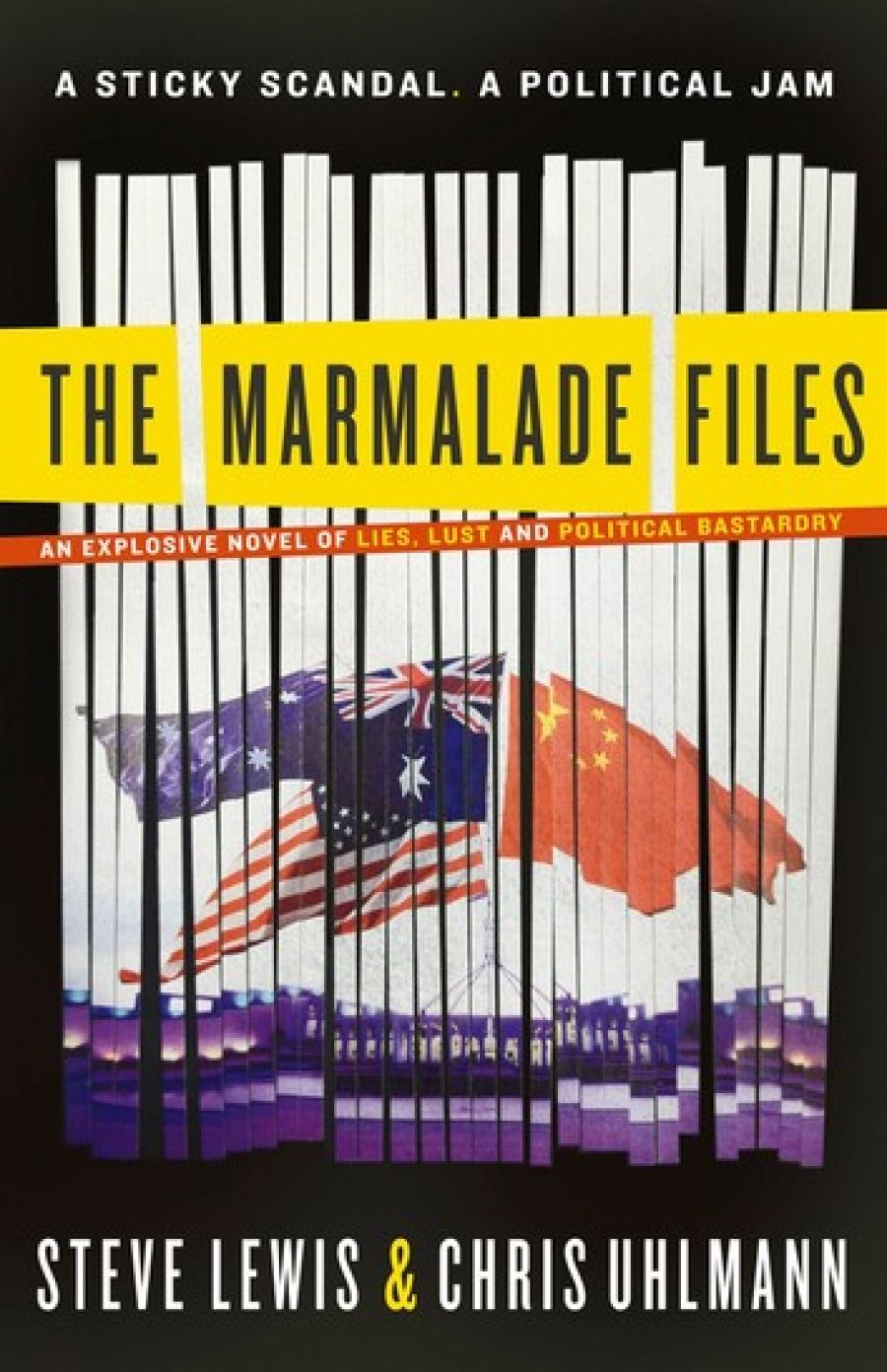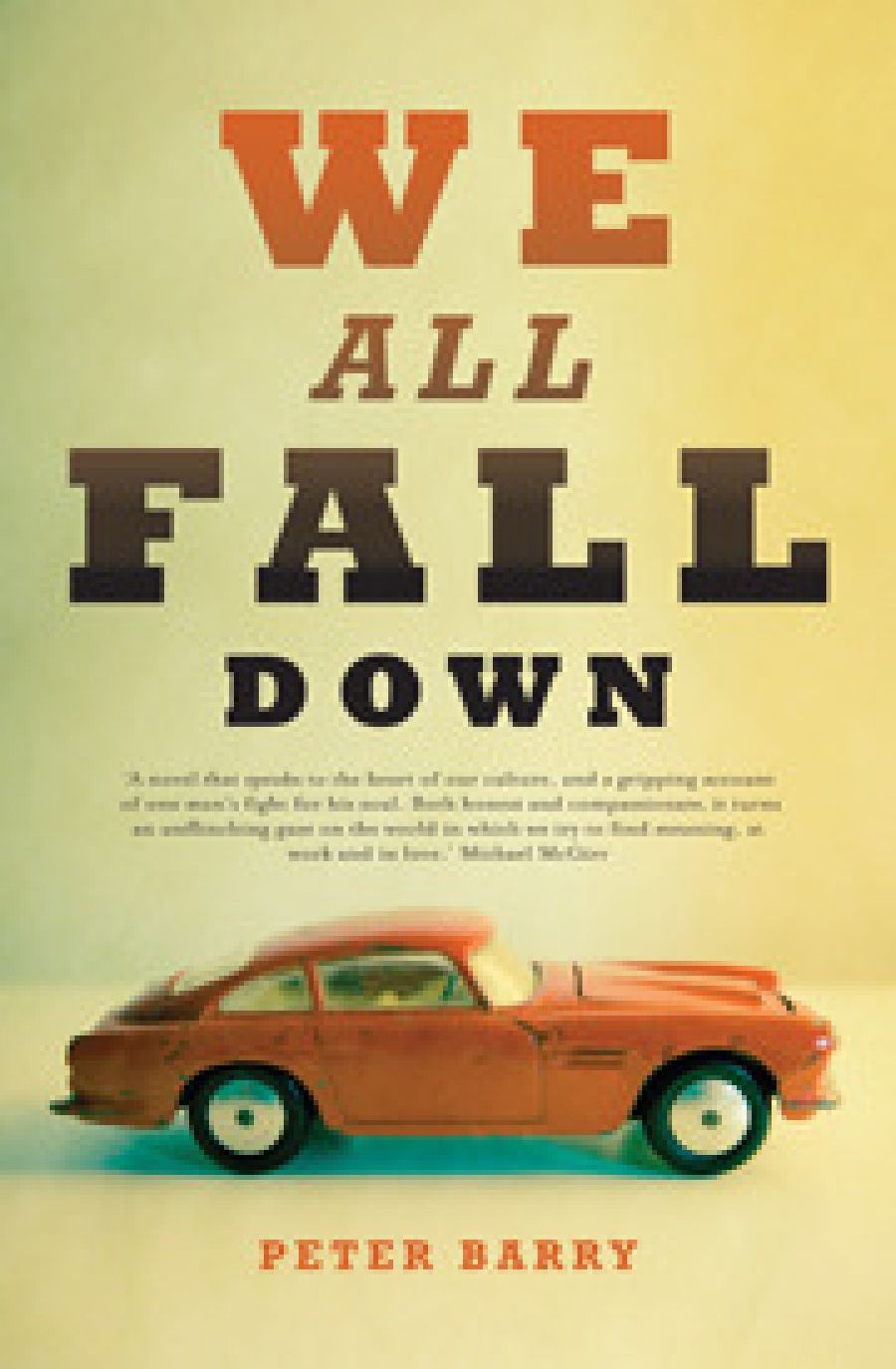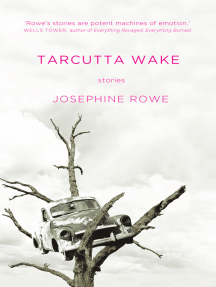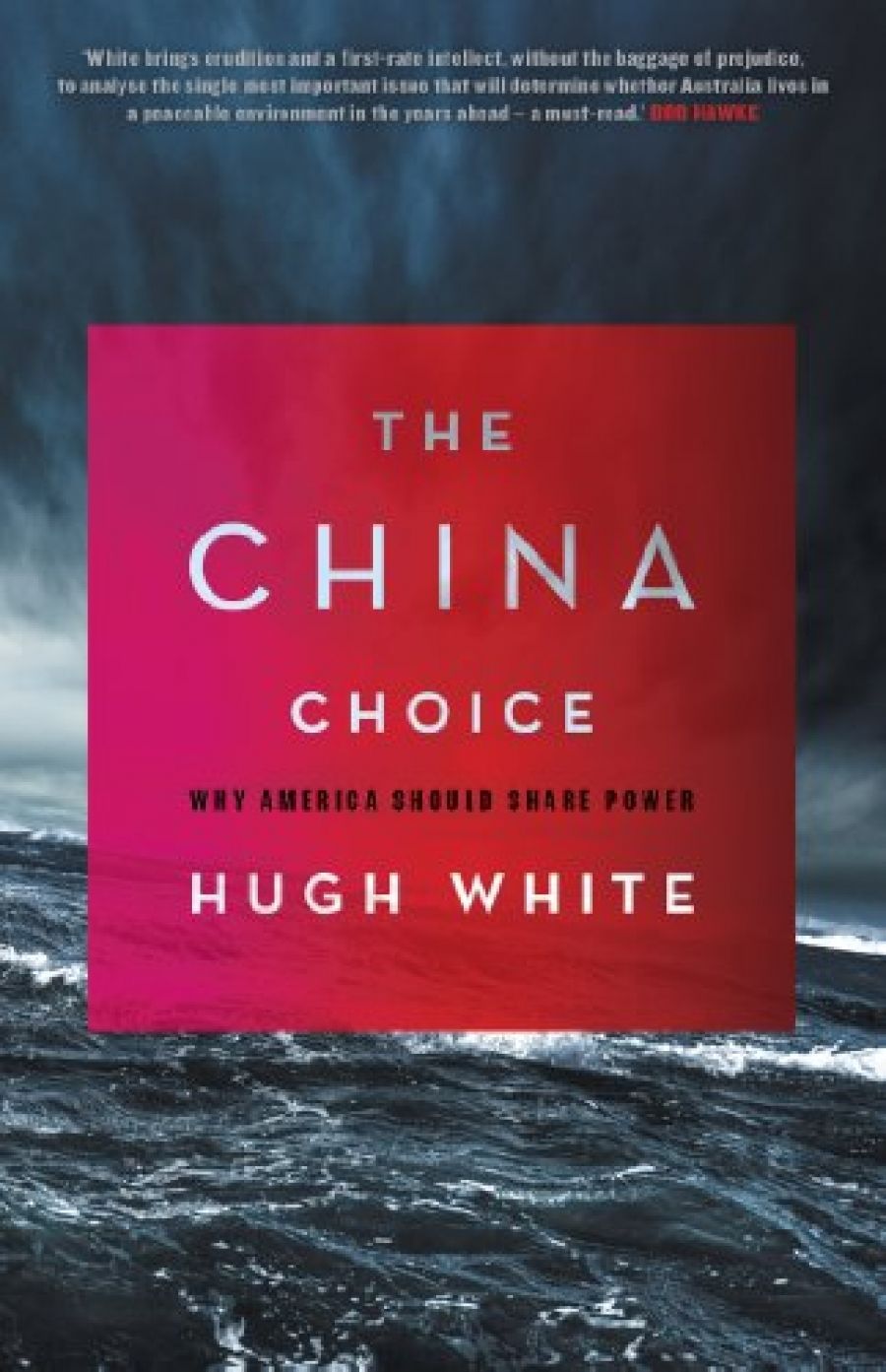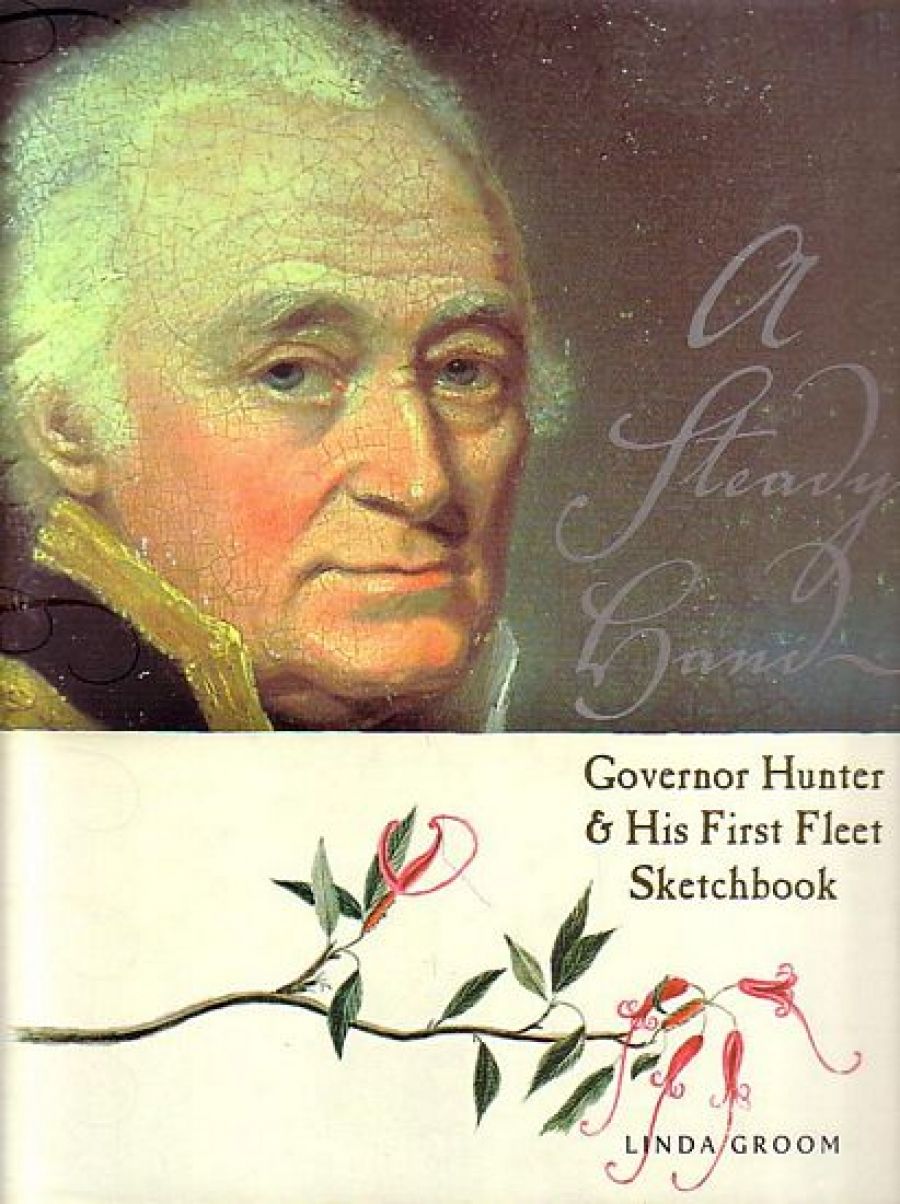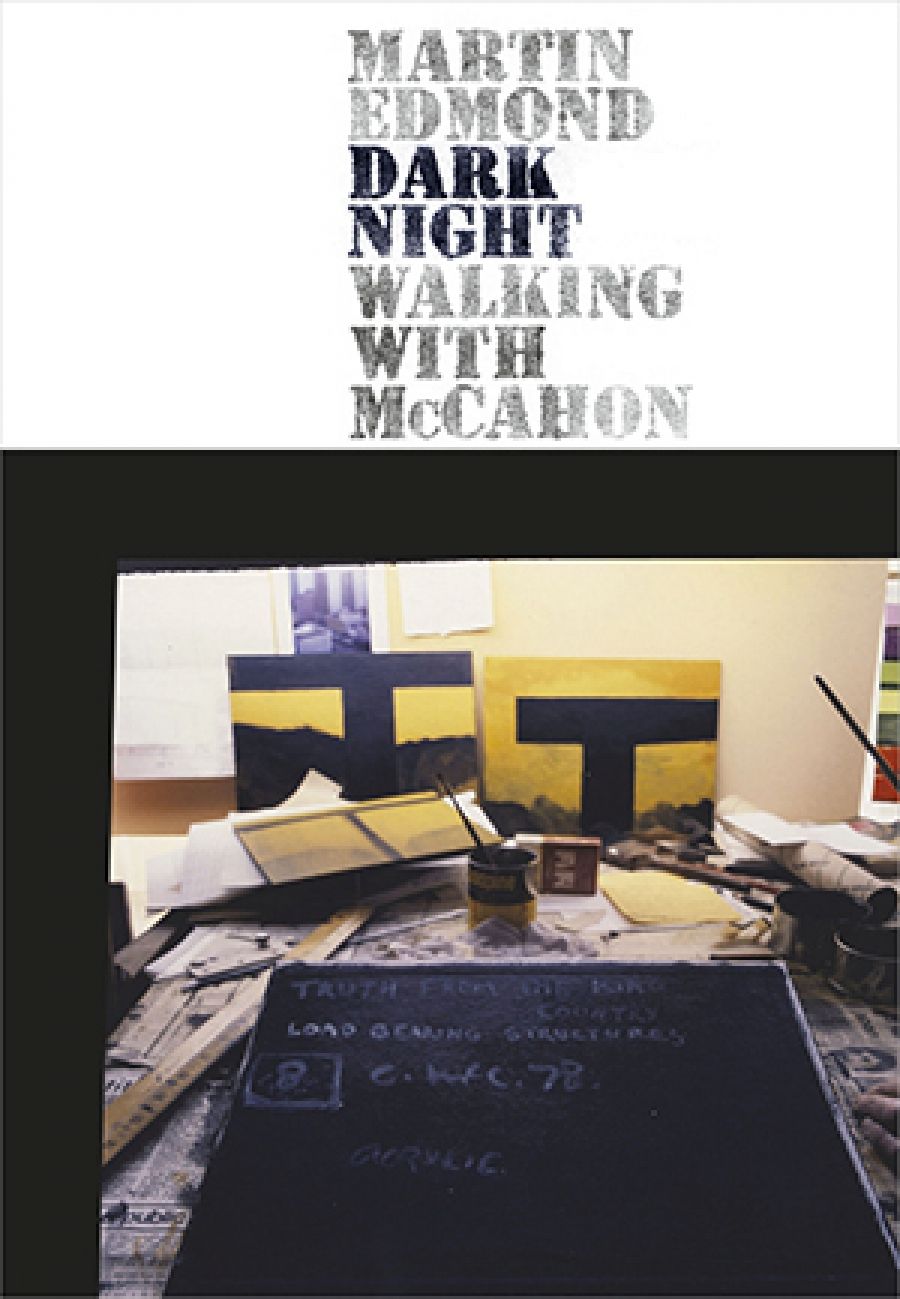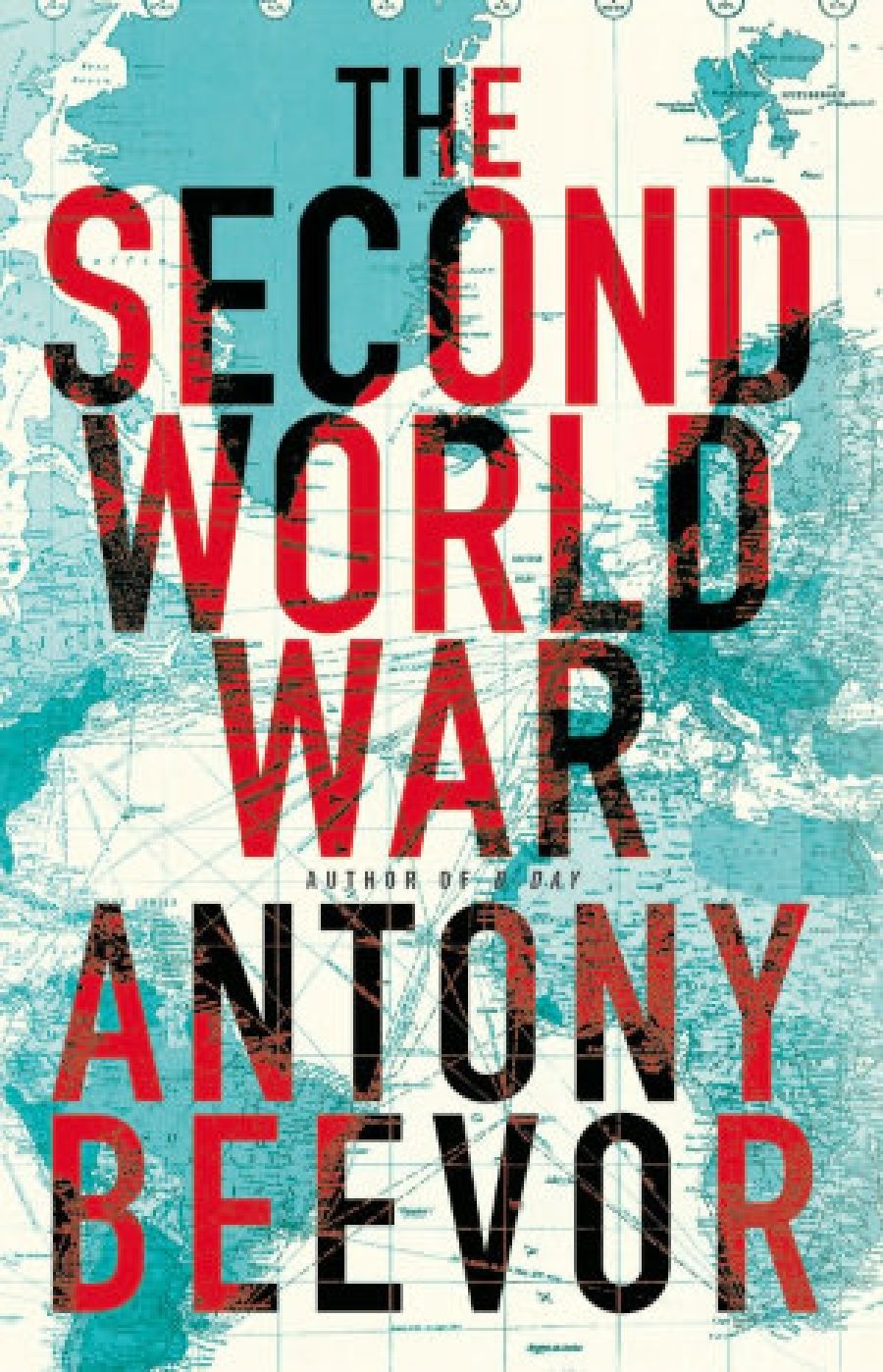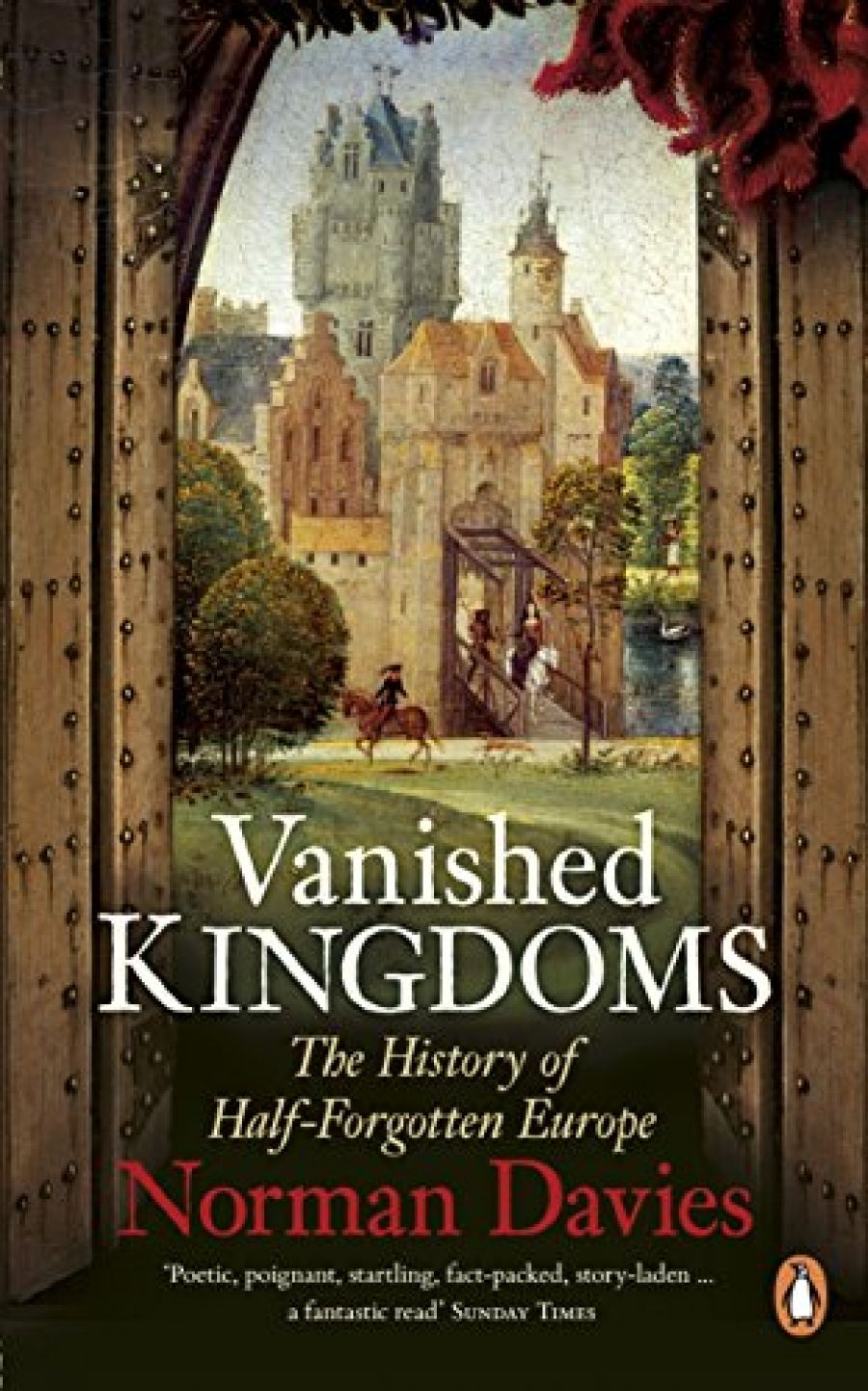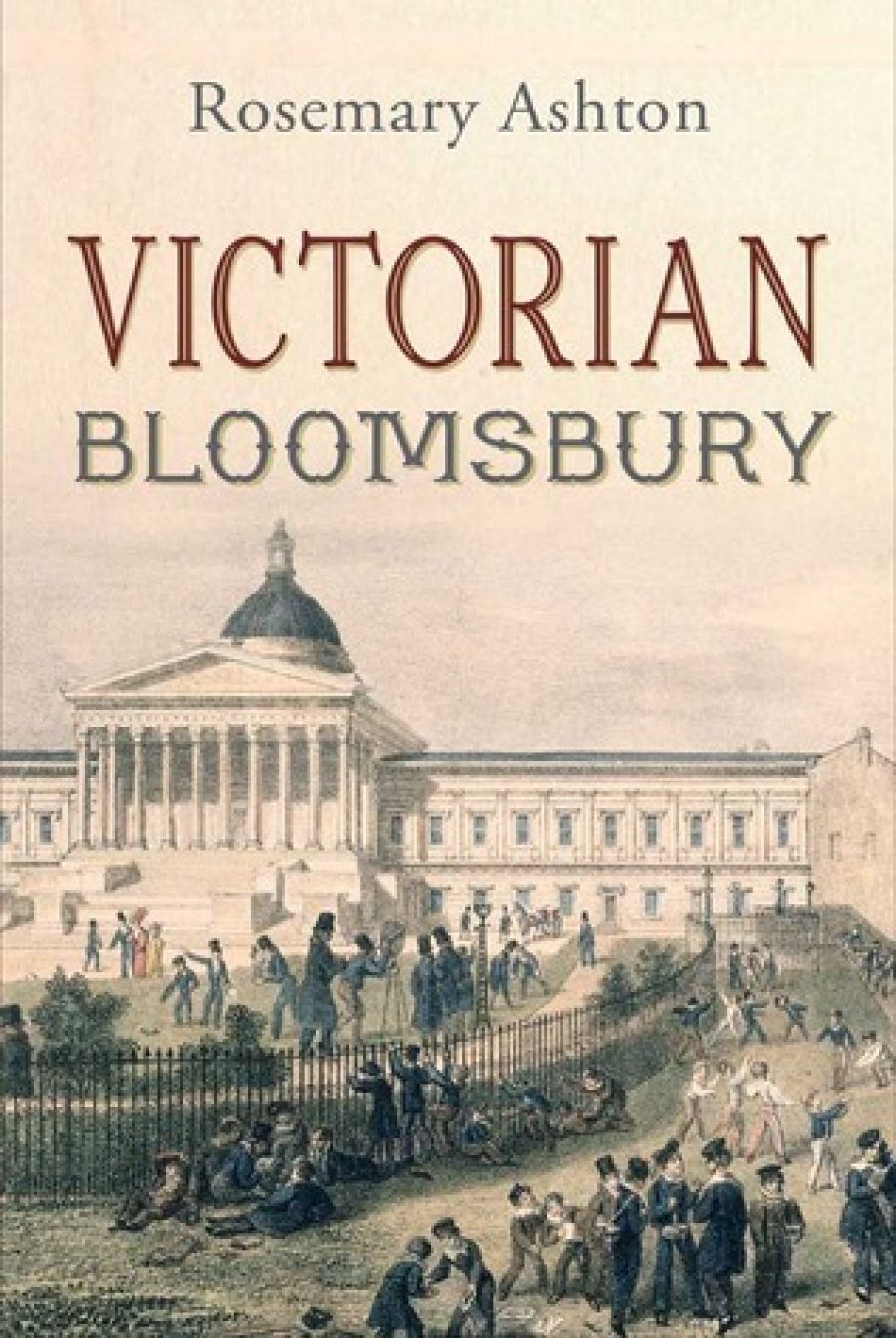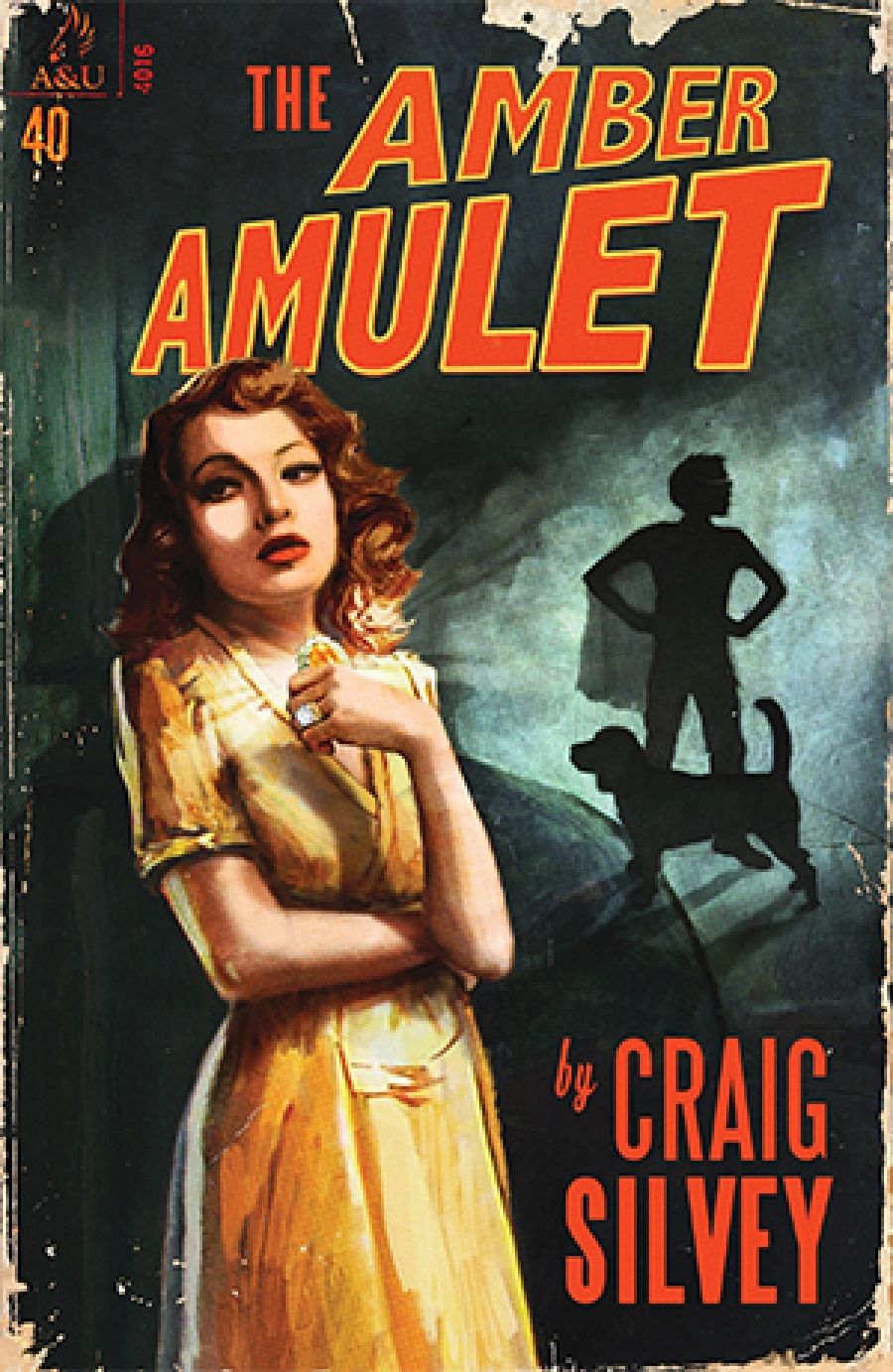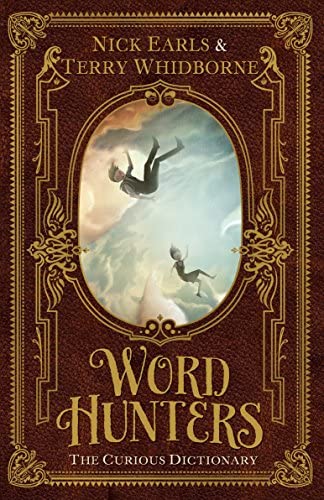An imperfectly remembered life is a useless treachery.
Barbara Kingsolver, The Lacuna
When my American mother-in-law died, the world financial markets went into a tail-spin. Melba was her name; her own mother, who migrated from Italy to New England in the late nineteenth century, was an operamane. I have often wondered about the flukey events that had me, a native of Helen Mitchell’s no-place-like-homeland, marrying into an almost impenetrable expatriate Southern Italian dynasty. I was only the third outsider to break into the family, and there was plenty of resistance before the final (overwhelmingly unconditional) welcome. Perhaps the Melba name was a secret protective talisman or password, sign of a destiny that had my place waiting for me, despite us all and our histories. But I am probably making too much of it. Sometimes names just happen. My own grand-daughter Laetitia embodies and radiates her etymological joy and gladness, but her naming came from a Serge Gainsbourg song that her French father happened to like.
Melba lived in a Connecticut town called Prospect, on Route 69, the road from the old brass mill city of Waterbury to New Haven, the more luminous site of Yale University. The house was one of those typical colonial New England white clapboard dwellings, understated and elegant, with six-up six-down Georgian sash windows to light two storeys, plus a basement and an attic. Melba’s late husband, Giuseppe Roberto (known as Joe, or more formally as Joseph), had had it built in the late 1930s, and had kept himself fit developing the spacious gardens. He planted dozens of trees (chestnuts, junipers, maples, firs, blue spruce, a weeping willow) and hedges of hemlock and arbor vitae; each year he carved out plots for the corn, herbs, tomatoes, and beans, painstakingly sieving and feeding the stony soil. Set on a hill rising away from the road, the house had a horseshoe driveway framed by maple trees that gave colour in the autumn, two of which had been planted to intertwine their foliage symbolically. Melba and Joe had watched with pride and care as five children grew to adulthood in this home: three girls and two boys. Their first-born had died when he was only a few days old, a tragedy to be sure, but the only one the family had encountered. Their marriage was in its sixty-second year when Joe died at ninety-four.
In the 1950s the old porch at the side of the house was closed in to create an office for Melba’s activities as town clerk. Afterwards it became known as the ‘library’, not entirely a misnomer, because it did contain books, as well as the television set and a rickety old piano. It would also become Melba’s last bedroom. Prospect was a suitable name for such a forward-looking couple. They were both professional educators: he in a Waterbury high school of which he became principal; she, after her modest political career, as a first-grade teacher in the Prospect primary school. They were traditionalists, both in their preservation of their Italian heritage and in their cultivation of the codes of dress and manners that one associates with middle-class East Coast America. But they were future-builders, too, through the value they placed on independent thought, enterprise, and, above all, the education of the young people for whom they were responsible, including their own children. They were, of course, Democrats: they had lived through the Depression and World War II, and Roosevelt was the measure by which they evaluated statesmanship and political vision and integrity.
They must have wondered sometimes, though, about the changes that came upon them. Prospect, formerly a back-road haven, became a busy commercial centre. The Prospect Fife and Drum Corps used once to parade on Route 69, and on a cold night in early November 1960 the family waved flags when presidential candidate John F. Kennedy’s motorcade drove through towards a campaign whistle-stop in Waterbury. Melba’s proffered apple pie was duly accepted by the secret service people: nobody knows if the future president tasted it. Over subsequent decades, Route 69 turned into a hellway of trucks, commuter traffic, and thumping car radios. The idyllic white house on the hill was hemmed in by shopping strips.
As for the family, it fulfilled Joe and Melba’s open-spirited, outward-looking ethos in ways they could not have imagined. There were traces of the educational tradition (all three daughters did some teaching), and many of the fundamental values (food, family, service-centred politics) were transmitted intact, even strengthened. But all the children scattered. One, after a period as a nun, came out as gay (never with her parents’ knowledge). The others married out: one to a foreigner, one to a Jew, one to a Protestant, one to an Irish Catholic. The eldest daughter moved to California, then to Australia, the sons to Washington, DC, another daughter to Chicago, the ex-nun to New Jersey as a lawyer and then to upstate New York to farm.
For all that, until Joe died, Prospect retained its power as a gathering place for the children. For the grandchildren it had a magical aura of perpetual safety and love. Thanksgiving feasts, snow-decked Christmas celebrations, a golden wedding anniversary with rosary beads pinned to the clothes line to ward off the rain, a sixtieth wedding anniversary that Melba spent in hospital with double pneumonia while Joseph and his tribe gorged on lobster on the back lawn: these were inscribed as epic events in young minds. How could one forget Joe’s attempts to discover, via the younger grandchildren, whether the oldest grandson, then in his thirties, was sleeping at a safe distance from his not-yet wife? How could one not marvel at the knowing loyalty of those little ones to their big cousin?
During the long summers, the air heavy with the buzz of cicadas, Prospect was the staging post for trips to the lake, where Melba’s older sister owned a little cottage. Lake Quassapaug, spring-fed with cool crystal water: the little dock hoisted into place at the beginning of each season for sunbaking and diving or for climbing into the canoe or the sailboat, and then dismantled and stacked on the shore so that its beams and decking would not twist or rot during the winter freeze. Three generations would meld in the hot months to dunk or swim, or spread out on towels to read and natter, before heading back for a dinner at the house, pasta and meatballs, peaches in wine, and one or other of Melba’s pies for dessert: blueberry from the bottom of the garden by the stone wall, key lime or lemon meringue, or apple good enough for a president.
The focus changed after Joe’s death. Visits to Prospect became shorter, less frequent. The family took to reuniting at the Milford farm, a paradise in the wooded hills of central New York State, land of the Amish and of dazzlingly variegated autumn foliage. The wooden farmhouse, built in the late eighteenth century, enfolded new voices into the echoes of its more ancient ones. Weddings of grandchildren were held there, and great-grandchildren learned the squealing delights of feeding pigs and chickens, and watching the cows’ tails flicking away the flies as the hay was hauled into the barn, and the wood stacked in preparation for winter. Melba went there every first of August for the celebration of her birthday. The ninetieth and ninety-fifth had been grand occasions, and so it was to be for the hundredth. Melba and my younger daughter had drawn up the list of the hundred and forty guests to be invited.
Before we left Melbourne in mid-July, we knew that there was doubt about whether the big party would go ahead. Other family members reported that Melba was distinctly frailer. The Parkinson’s disease diagnosed thirty years earlier, while mild and until recently well controlled by medication, was beginning to assert itself more aggressively; not in tremors, but in many other ways: difficulties in swallowing, forming words, standing and walking, even with a frame. Moreover, signs of dementia were unmistakable: agitation, sudden absences, sporadic hallucinations. The siblings, in consultation with the women who cared for Melba during the day (she still lived alone), had decided to have her assessed by a hospice organisation.
In America, people become eligible for hospice care if it is determined that they will die within six months. That decision is made by nurses: doctors never visit patients in their homes, ever. It is said that their insurance does not allow for the risk of being sued or shot. (Melba’s consulting doctor had not seen her since she last visited his office in February. He did not need to see her in order to direct her medication, he said, because he knew her so well. Neither this long relationship, nor any scientific curiosity about an almost hundred-year-old patient, was a sufficient motivation to bring him to her bedside while she was dying, and, of course, doctors do not attend patients’ funerals.) Melba was eligible for hospice care. What this meant in practice was that if anything happened that could not be handled by the regular carers, a hospice nurse or aide would attend and take the situation in hand. But something symbolic had happened as well: an unequivocal end-date had been put on a life.
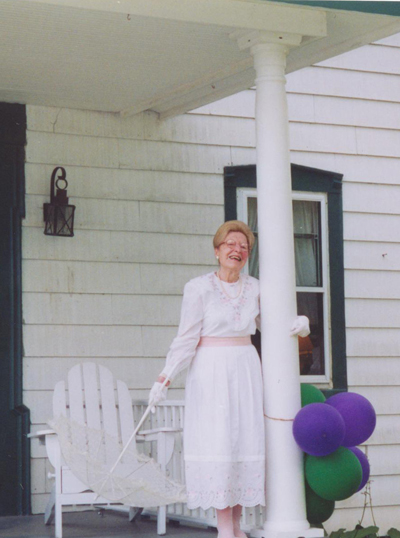 Melba celebrating her ninetieth birthday at the Milford farmNonetheless, during our first few days in Prospect, a birthday celebration at the farm still seemed possible. In the mornings, after twelve or fourteen hours of sleep, Melba would awaken refreshed and lucid. Washed, groomed, and dressed, she would sit perkily in her wheelchair looking a couple of decades younger than her age. The skin on her face was astonishingly unlined, and although her efforts to speak most often failed, her eyes were alert and responsive, and she smiled radiantly at our presence. She ate hearty breakfasts, things that could be easily swallowed. She would then enjoy a perambulation around the garden, and an hour or so of sitting in the shade of the apple tree. She hardly spoke, but as I watched her putting on or taking off the gloves she wore as protection against the sun, I could see that the old body habits were still working. And when I played the old piano for her (inwardly wincing at the thronging twang of its untuned strings), those same fingers danced and tapped rhythmically to the jaunty melodies I knew she loved, fast waltz, quickstep, foxtrot: ‘Take Me out to the Ball Game’, ‘If You Knew Susie’, ‘Tea for Two’. As the designated drivers for the putative trip to the farm, we drew confidence from these moments.
Melba celebrating her ninetieth birthday at the Milford farmNonetheless, during our first few days in Prospect, a birthday celebration at the farm still seemed possible. In the mornings, after twelve or fourteen hours of sleep, Melba would awaken refreshed and lucid. Washed, groomed, and dressed, she would sit perkily in her wheelchair looking a couple of decades younger than her age. The skin on her face was astonishingly unlined, and although her efforts to speak most often failed, her eyes were alert and responsive, and she smiled radiantly at our presence. She ate hearty breakfasts, things that could be easily swallowed. She would then enjoy a perambulation around the garden, and an hour or so of sitting in the shade of the apple tree. She hardly spoke, but as I watched her putting on or taking off the gloves she wore as protection against the sun, I could see that the old body habits were still working. And when I played the old piano for her (inwardly wincing at the thronging twang of its untuned strings), those same fingers danced and tapped rhythmically to the jaunty melodies I knew she loved, fast waltz, quickstep, foxtrot: ‘Take Me out to the Ball Game’, ‘If You Knew Susie’, ‘Tea for Two’. As the designated drivers for the putative trip to the farm, we drew confidence from these moments.
In the meantime, our arrival in America had coincided with another drama, one that was unfolding with growing intensity in the nation’s capital and in all the media: pushed by the raucous chorus of freshly elected Tea Party radicals, the Republican majority in the House of Representatives had decided to deny President Obama his request to raise the national debt ceiling unless he agreed to a number of conditions that no Democratic leader could contemplate. The consequences of this refusal were potentially dire: America could default on its bills, and the United States could lose its triple-Acredit rating, both unprecedented eventualities for the world’s most powerful economy. We watched Obama, in an eloquent televised speech to the nation, plead for reason and balance, acknowledging that the national debt was out of hand and needed to be reined in, but arguing that much of the debt was due to George W. Bush’s wars in Afghanistan and Iraq, and to the unfunded tax relief and pharmaceutical benefits granted by the same Bush to the wealthy of the nation. A reasoned and balanced compromise, in Obama’s view, must include revenue-raising in the form of increased taxes for the very rich.
As this battle raged on towards its deadline on 2 August, it quickly became clear who would win, and why. The very word ‘tax’ seemed to carry for the Tea Party the sulphurous odour of hell, and the fact was that the radical Republicans did not care about default or downgrade: they were driven by only one passion – to destroy Obama. His gestures of conciliation were treated with contempt as weakness, his eloquence blasted aside with cliché after mud-soaked cliché. It will be remembered that his very eligibility to be president had been challenged on the grounds of his rumoured foreign birth, an insinuation that even the production of his birth certificate failed to lay to rest. Slogans accusing him of being a Muslim could be seen in many places.
From outside America, it is hard to imagine just how lethal such infantile antics can be. The intention was to plant the suspicion that Obama was a foreigner, for the slide from being not-American to being un-American is easy; then, before you know it, you can become a socialist, a communist, a terrorist.
The United States has great universities, great scientists, great poets, novelists, painters, architects, sculptors, musicians. To attend a Brahms concert at Ravinia, the summer home of the Chicago Symphony, with the quietly appreciative throngs of listeners of all ages spread across the vast, impeccably tended lawns, is to know that the hard-won achievements of Western culture are being well protected and nurtured. Why do creators and discoverers have so little voice in the public forum? If you read the New York Times or the Washington Post or listen to public radio, you could drift into thinking that nothing has changed these past forty or so years; but, in reality, America’s educated and intellectual class has been marginalised to a point where its members seem largely to speak now only to each other. Since they number several million, it still makes for pretty lively conversation. Although a few of them hold public office, they constitute a tiny minority that seems to have little purchase on the territory where the Palins, Bachmanns, and Boehners hold sway.
In the Prospect kitchen, and later at the Milford farm, two of my brothers-in-law, both lawyers, argued gently, with differing degrees of despondency and hope, about whether the president was being isolated by the Republicans or whether it was the other way round. To me, as much as I wanted to believe in Obama, it seemed obvious that he was part of the same world as Melba, and that, like her, he was on the way out. I remembered a film I had seen thirty-odd years before, Carlos Saura’s Mamá cumple 100 años (Mama Turns 100). There was little in common between Melba’s family and the dysfunctional mob of Saura’s film, but I felt a real affinity with the Geraldine Chaplin character, Ana, in our role as witnesses: she of the fading persistence of Old Spain and its ways into the chaotic unravelling of present-day Spain: I of an analogous situation in contemporary America.
Three hot and humid days accelerated Melba’s decline: a week before the Friday we were due to drive her to the farm, the temperature rose to more than 100ºF (38ºC) and hovered there, dipping at night, but climbing back up each morning. There was no air conditioning in the house, and the wet towels placed in front of the fans provided only desultory cooling. Already on the first such afternoon, Melba was seriously agitated, arching and bucking in her wheelchair, struggling so violently to escape from it that her restraining belt ended up around her neck, threatening to strangle her. The hospice nurse arrived promptly when called, and prescribed an effective sedative. But the episode was alarming enough to trigger the arrival, over the next twenty-four hours, of many family members: the children and their spouses, and some of the grandchildren. Thereafter, Melba did not leave the hospital bed that the hospice people had installed in the library of her Prospect house. The death watch had begun.
It lasted the best part of a week. Hospice care became permanent, an oxygen pump was plugged in to suck and whoosh, and small regular doses of morphine were added to the sedative medication; the parish priest, Father Mark, came to administer the sacrament of the sick; the mayor dropped by to pay his respects. Melba lay there, a little more emaciated each day, her mouth agape, her eyes mostly closed, her breathing progressively shallower. The nurses assured us that although she might not look comfortable, she was, and was indeed a model of peacefulness. Each day they expected her to go; and each new day she was still there. One morning, she whispered a single word, ‘Mama’. The overnight carer told me it was very common for dying people to speak to their mothers. I imagined Melba in one of her lovely full-length dresses and in a broad-brimmed hat, drifting ever so slowly down through a field towards a stream, taking her time, feeling no need to rush things.
We did not quite know how to behave during those long hours of waiting. One nurse encouraged us to carry on normally: hearing being the last sense to go, Melba would register it all and enjoy it. Another suggested that it might be better to be reflective and prayerful. In the end we mixed it up a bit. We worked conscientiously through the rosary on several occasions – although memories of the various canonical mysteries wavered a little. We sang ‘Swing Low, Sweet Chariot’. One of the grandsons and I did some rowdy razzamajazz duets on the piano. The news was discussed: the massacre in Norway, the Dominique Strauss-Kahn case, Cadel Evans’s victory in the Tour de France, and especially the stand-off in Washington. Oftentimes we simply sat and thought, or remembered.
We were all there when she slipped away. That morning we had sat with her from breakfast time; poems were read, including a hauntingly beautiful work by Walt Whitman about lilacs, a grey bird, and the ‘tallying chant’ of the poet. When death finally happened, it was just after the hospice nurse had taken us through her morning report: Melba was now indeed very, very close, she said: her feet were blue, her lips too, her pulse had all but disappeared, and she was moving little air. The siblings gathered close to the bed, arms over shoulders and crying a little, and then broke into a few verses of ‘Swing Low’. Almost exactly as predicted by the nurse, Melba took a breath, opened her eyes, and then, after a long pause, took another breath, and was gone. She was pronounced dead at 12.21 p.m.
The wake and funeral, although organised and conducted in a short space of time, gave no impression of haste: they passed with the same andante rhythm that Melba had imposed in her passing. In American custom the wake takes place before a church service, with mourners invited to pay their respects to the deceased and the family before an open casket. In Melba’s case, this ceremony was held in a funeral home within walking distance of the house, and in accordance with her wishes the coffin was open only for family members. We all agreed that the undertakers had done a stunning job, and that if Melba had been able to see herself as she lay in the coffin, serene and dignified, her vanity would have decreed that the viewing be available for all. Laetitia, our French-speaking granddaughter, four years old and curious, stood on the kneeling stool and closely inspected the body of her great-grandmother. Returning to where we sat, she pronounced: ‘Elle ne respire plus. Elle est vraiment morte. C’est bien triste.’ She was right: the absence of breath was death, and it was indeed very sad.
Thanks to the mayor, the state police held up the traffic as we all walked, following the hearse, from the funeral home to the church, a couple of hundred yards along Route 69. And a similar arrangement was made, after the service, for the walk to the grave in the Prospect cemetery. Father Mark, despite his reputation for being stiffly orthodox and conservative, delivered a moving, untexted eulogy about how his five-year friendship with Melba, a woman almost twice his age, had brought him to levels of knowledge and understanding that he had not previously suspected. In describing the care and formality with which she received his visits, he told of his discovery that such finery of manners in Melba was neither mere habit nor shallow posturing: her politeness, rather, was a mindful ritual of respect and hospitality, creating a context in which real conversations and exchanges could occur. Once, he said, being in a hurry, he had phoned to ask if he might come in his tracksuit, only to receive a definitive ‘Absolutely not!’ For Father Mark, Melba was a living connection to a lost world, one in which people had time to mean more to each other. He was not sure that our present world was a better one.
At the centre of Prospect, near the town hall and library, is an old double-storey stone building known as the ‘meeting place’. It was there that lunch was served after the funeral. A sizeable crowd milled around the food and drink for a couple of hours, sometimes spilling out into the sunshine on the surrounding lawns. A criss-crossing of generations, and of memories of times past – from the one remaining family member of Melba’s generation, an aunt by marriage, through knots of middle-aged or elderly cousins of the siblings, to the grandchildren and the great-grandchildren. There were friends, parishioners, and other townsfolk. The gracious and elegant Spanish doctor, a neighbour at the Lake Quassapaug cottage, was there with his wife and his quartet of tall, beautiful daughters, some of them now tending to their own little ones.
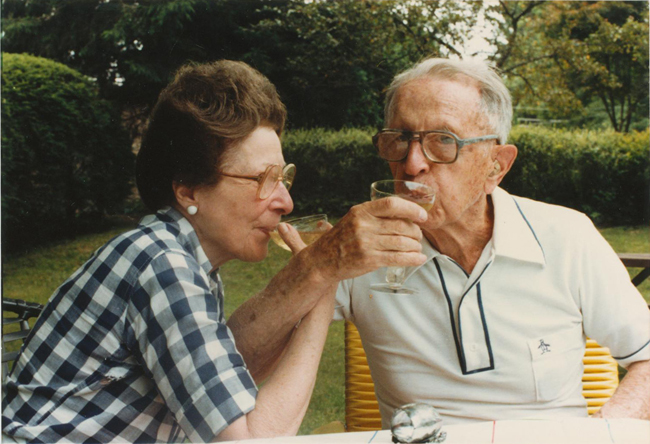 Like two maples intertwined: Melba and Joe celebrate their long life as a couple
Like two maples intertwined: Melba and Joe celebrate their long life as a couple
The family then headed up to the farm. There was no longer a birthday party, but there were still a hundred years to be weighed up and mulled over. In Washington, Obama and the Republicans were making the agreement that would lead to the historic downgrading of the US credit rating. In Melbourne, our six-year-old granddaughter Isabelle asked her mother to send God a text message to ask ‘if Great-Grammy might come back for one day for her birthday so she could make it to 100’. I was on Isabelle’s side, and I do believe that her desire was fulfilled in at least two different ways. Firstly, as we sat on the undulating lawns at sunset on the first of August, in a circle around the pit where a bonfire would later blaze, Melba was present in every thought. One after the other, the siblings and their children voiced their reflections on what she had meant to them, and how she would continue to be with them. And then, just before dusk, a long cloud took shape above the hill beyond the cow pasture: Chagall-like, on its side, with head and face, arms, and a long flowing robe, it filled the sky with a watchful presence, swinging low and clear for several minutes before it gradually broke up and dissipated in the darkness. Of course, you had to believe it to see it, but I was not the only one to feel that Melba had come by. As to explaining how a text message to God gets through even when it isn’t sent, could that be one of the joyful mysteries?
A dozen days after the funeral, my son, making his own final tribute visit to the Prospect family home, bought a wreath. The florists were chatting with eager intensity: ‘Can you believe it? There they were, walking behind the hearse along the main road, the men in their suits and ties, the women all in black dresses and high heels, and the state police were holding up the traffic! It was just like the Kennedys!’
My wife and I had been back in Melbourne less than a week when my sister phoned, at four a.m., to say that my mother had been taken by ambulance to the emergency department of the Royal Adelaide Hospital. My sister, a nurse, had already contacted the hospital for information: there was very little of it, except that Mother’s oxygen levels were dangerously low and she had a lot of abdominal pain. We agreed to take the earliest possible flight together.
The day following our return from America, my wife had received a condolence card from my mother, which read: ‘You will have your sad times, of course, for a mother is a seemingly permanent part of your life. But I suppose the truth is that there is nothing permanent about this life.’ My mother had no immediate reason, in writing that last sentence, to have her own mortality in mind. Despite the various fragilities that inevitably occur when one is ninety-five, Mother was a survivor: in her fifties she had undergone two mastectomies for breast cancer; then years of angina had led to a stent being inserted to improve the flow of blood through her heart; anti-coagulants protected her after a stroke in 2010, which did blur her speech temporarily. Over the years she had had a few scares and had spent the odd night in hospital for observation, but this had led to little more than minor medication adjustments. On the weekend before she was taken to the Royal Adelaide, she was reported in excellent form, bustling about, chatting vibrantly, eating with gusto. Of course she undoubtedly had periodic thoughts about mortality, but I think what she had in mind when writing to my wife about life’s impermanency was the increasing frailty of her husband Charles, who had recently turned one hundred, and with whom she had spent almost twenty years, by far the longest happy period of her life.
Shortly after she turned eighty, Mother composed a short autobiography to accompany the gift of an album of photographs that she had put together for my daughter Bridget. This is what it said.
Born at Streaky Bay on Eyres Peninsula in the state of South Australia, on the twelfth day of January 1916, I was the second child, but first daughter of Ranald Harvey Ross (formerly of Edinburgh, Scotland), and his wife Christina Lilian May (née Deeks) formerly of London England.
My parents first met on the ship which brought them out from Britain in 1911, but did not marry until 1913, as my mother was very young at the time of their meeting. My father, at the time of the marriage, had a farm in a very isolated area some forty miles from Streaky Bay. With no refrigeration, running water or even the most basic conveniences or comforts, one wonders how these young (my mother married at nineteen) inexperienced, city born and bred newcomers managed in the harsh, primitive and intensely hot conditions. But, manage they did, and it was here that my only brother, Sandy, was born on the fourth of August 1914. Eighteen months later I joined the family. And it was here that my sister Jean (born 1918) and my sister Sheila (born 1920) spent our early years with very little contact with other children. This changed to a degree, when after years of pressure from my father and other settlers of like mind, the government of the time was persuaded to build a school and provide a teacher for the area.
I was, by this time, eight years of age, and my younger sister Sheila who was only four had to be enrolled to ensure the necessary minimum roll of fifteen. One teacher, only, taught seven grades in a single classroom. In fact that one classroom with a very small entry hall, where hats and coats were hung on rows of pegs, was the school. The unfortunate teacher had no retiring room or private nook or cranny.
Strangely enough I was, later, to marry a teacher from that same school – the Hundred of Inkster, and so perhaps my father eventually killed two birds with one stone when he battled so hard to have the school opened.
I married Harry on January the fifteenth, 1935 three days after my nineteenth birthday. Our first child was born at Streaky Bay on January 4th 1936. A second son followed on March 29th 1938.
The outbreak of World War II brought profound changes to our lives. Harry enlisted in 1940 and I, along with two small boys, moved to Adelaide to be closer to him during his training period. The war was to bring great sorrow to our family – firstly through the death of Harry in October 1941, and ultimately in that of my brother, after the war, as a result of war neurosis.
Before the war ended, I married Reg, a teacher whom I had known before the war, and who was, at that time, in the army. Our first child was some months old before her father returned from Borneo and was discharged. A second child was born in 1950. Unhappily, for all concerned, this wartime marriage was a failure and ended in divorce.
I had many many years living alone, with an interval of four years – 1976–1980, when I lived in a small village near Oxford in England. My grand-daughter was just five months old when I joined her and my son after the death of my daughter-in-law, in a motor accident near Lille, in France.
These four years were the happiest, and saddest of my life.
It is strange that the later years of my life should bring such unexpected and dramatic change, and yet, when it came, it seemed to be ‘so right’, and so I had but little hesitation in marrying, yet again, at the age of 76.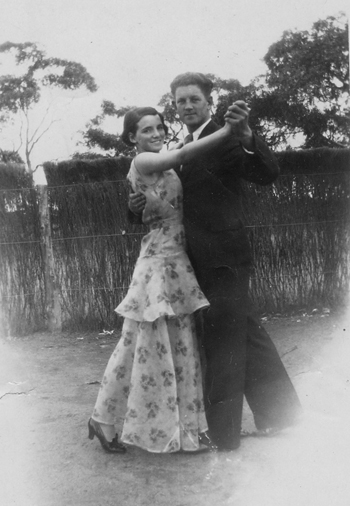 The author’s parents in Chandada, South Australia, 1934
The author’s parents in Chandada, South Australia, 1934
Still powerfully jet-lagged from the long flight home, I found it hard to focus. Melba’s dying, the funeral, the long journey: I had a pounding sense of endless looping replays, of waiting in places where death had too much dominion. I did not then know that my mother would be dead within twenty-four hours, but the feeling of foreboding was intense, a debilitating spongy thickness between me and the outside world.
The Royal Adelaide Hospital buildings, on North Terrace beside the University, are marked for a replacement program beginning at the end of 2011. What is presently there is maintained to the minimum levels required for the place to function. When my sister and I entered the Emergency Ward a bit before nine a.m., it was a visible reality that this was space that nobody much cared about any more. It happened to be a particularly busy morning. If you were the direct relative of a very sick ninety-five-year-old woman who had been admitted in the early hours of the morning, you were quickly buzzed into the triage section, and then directed on and inwards, away from windows and natural light, to a dimly lit semicircular area of curtain-separated cubicles, with a central glassed-in administrative hub filled with desks and computers.
Mother was in cubicle number five. We were met there by our older brother, who lives in Adelaide and had been with her for several hours already. He announced that she was much better: he pointed to the oxygen meter behind the bed and detailed how much her levels had risen since they had begun treating her. He was sure that once she had rested she would be ready to go home. He would head off now to the university to give a lecture and do a bit of work in his office: he would come back at noon to check on things. Mother did indeed seem in reasonable spirits as she greeted us. She was lying on her back, with a little oxygen dispenser set under her nose; the shock of thick white hair that she had always found hard to shape and groom was neat. She did not smile, but thanked us for coming. I fossicked around to find a second chair, and my sister and I settled down to keep her company while she rested. The charge nurse came by and informed us that she was due for a scan and that the doctor would be attending shortly. Everything seemed in order.
It wasn’t. It was soon apparent that Mother’s abdominal pain was extreme, and equally apparent that emergency departments are not a good place for any kind of ongoing individual attention. As a professional herself, my sister was more aware of the busyness of the few staff than I was, and more sensitive to it; I was bluntly and promptly put in my place by the charge nurse for expecting anything to happen straight away. Mother was stoically uncomplaining as my sister worked to adjust the bed and pillows to find the least uncomfortable position; I held her hand and felt helpless.
It was an hour before the doctor arrived. She was a woman in her forties, tall and slender, with an attentive, measured manner and a direct gaze. The examination she conducted seemed unhurried and thorough. Mother responded in a weak voice, but clearly, to the questions that probed her lucidity: who and where she was, what had brought her there, the fit of vomiting and diarrhoea in the night. The doctor, delicately, felt the swollen belly, and asked at what level, out of ten, Mother would describe her pain. The whispered answer, nine, filled me with dread. Ten years earlier, I had been in the throes of meningococcal meningitis, and had been asked the same question. I had never known such exquisitely agonising head pain: it felt as if my brain was being sliced by screaming saws. But, thinking that it could get worse still without killing me, I put my pain level at eight. If my mother found her pain stronger, she must be near the limit of her endurance. When the doctor prescribed morphine, I prayed that she would not be allergic to it, as I had been. As things transpired, allergy was not an issue. But there was a misreading of the doctor’s instruction on the record sheet that would lead to a four-hour gap between morphine doses. The pain, which had been driven down to seven, would go back up to nine, and stay there, leaving Mother to suffer for several unnecessary hours.
I had managed to catch the doctor for a few minutes as she was leaving the cubicle. She explained that there could be no diagnosis until after the scan, and no assessment of what the future might hold. A surgical team would examine the images, and speak with us. She was apologetic in explaining that she had no idea of when all that might happen, but the procedures had been ordered. She was beginning to speculate on the possibility of a bowel obstruction and the feasibility of an operation when a Code Blue alarm sounded, and she had to rush away. The frustration I felt at that moment was stronger than the cause warranted – or at least the immediate cause: after all, the role of emergency departments is to deal with urgencies. But I suddenly realised that Mother, in that situation, would not be treated as a person or as a subject: her ninety-five years of life could not be acknowledged, or even glimpsed, as the unique and incredibly rich set of stories that they were; for the medical staff, even the doctor who had been so attentive, time constraints dictated that she must simply be a case in a particularly old body, a collection of mostly geriatric symptoms to be identified and, if possible, treated, as quickly and efficiently as could be managed. It could not have been further from Melba, who, whatever her physical diminishment, was always at home, safe and unimpeachable. As witnesses to Mother’s personhood, my brother, sister, and I were a potential menace to the system with our questions and attempts to get things moving faster. My sister did ask about the possibility of taking Mother home, but the complexities of preparing the house for such an eventuality, as well as her own present weakness, were insurmountable obstacles.
‘Her ninety-five years of life could not be acknowledged, or even glimpsed, as the unique and incredibly rich set of stories that they were’
Charles, who grew up in London, was the only one of the siblings who was not born deaf. That may have been the origin of his forceful, resonant voice. Shortly after the wedding my wife and I went to stay with them in the new house they had decided on for their life together. We were much amused by their distant conversations: we could not hear the words, only the alternation of his boom-booms and her peep-peeps, like some weird duo between a bassoon and a piccolo.
 May and her two boys at their Adelaide house, 1944
May and her two boys at their Adelaide house, 1944
The hospital cafeteria, like the rest of the place, was clean but decrepit, with the service being carried out by elderly women volunteers. Over his tea and muffin, Charles was melancholy to the point of tears. To cheer him up, I guided the conversation towards some of his favourite tales: the one where the Russian violinist decided to give him free lessons because he was poor and talented; the one where he went to night school to improve his qualifications while working for the Post Office by day; the tandem cycling ride through Hitler’s Germany with Tillie in the mid-1930s; his role in building the escape tunnels under parliament in the early months of World War II, with Winston Churchill on an inspection tour cheerfully lighting up a cigar in corridors filled with flammable gases.
When we got back to Emergency my mother had completed her scan. Since all the cubicles were full, her bed had been parked by the administration area, along with another, in which a young Indigenous woman was lying, looking uncomfortable and lost. Charles sat in his wheelchair alongside Mother, and they exchanged a little kiss and held hands. ‘How are you, May?’ ‘ I’ll be all right, Charles’. There were long, worried, euphemistic silences. ‘You’d better go and have your lunch, Charles.’ ‘I suppose I’d better.’ He found it hard to leave. Kissing her, he said ‘Goodbye, Sunshine’, his favourite nickname for her. When his carer had taken him a few steps, he made her turn around and come back. He did so two or three times more before finally leaving. I think Mother knew, better than he did, how final were these farewells.
My brother returned, allowing my sister and me to go for some lunch. Neither of us had much appetite or conversation. While we were away, our brother told us later, Mother had struggled with the decision about a possible operation, first thinking that she would accept one, and then concluding that she would not, since her only reason for wanting to stay on was so that Charles would not be alone. She was now in cubicle four. Beside the administration area, the Aboriginal girl was still there on her bed, half-propped on her side. My sister spoke to her, found out that she was thirsty, and gave her a little paper cup of water from a nearby fountain. There was a flicker of a smile of thanks, soon swallowed back into listlessness.
The nurse told us that Mother’s scan results had been inconclusive, that we would have to wait until the surgeons came for a closer examination. That occurred at two p.m. There were three of them, two young men and an even younger woman, an intern. Mother whispered to me that she still had her appendix, and I understood that she was wondering if – perhaps hoping – that was the cause of everything. I undertook to tell the surgeons, and did so, but they showed no interest. After their probing they took us to a meeting room, where they explained that, without knowing exactly what had occurred – a clot, a twist, an obstruction – part of our mother’s intestine had necrosed. She was going to be subject to accelerating blood poisoning; no operation was possible, and she would die within a few days.
When discussing how to break the news to Mother, we agreed that it could be left gentle and vague, and that is the way it started out, but the intern, who had been bestowed on us by the other two surgeons, seemed to want to be sure that Mother knew exactly what was in store for her. When Mother started to explain, fighting back the pain, that she had decided not to have an operation, the intern announced that in any case there was no choice, because she wouldn’t survive an operation. When Mother said that she would just take the medication, then, and take things day by day, the intern declared that there was no medication, but that they would try to make her comfortable. When Mother asked what the alternative was to taking things day by day, the intern stated bluntly: ‘There aren’t any alternatives.’ My sister managed at that point to usher her out of the cubicle, and we were grateful that she did not come back.
The surgeons’ visit did serve to get the morphine regimen reinstated, and they also arranged for a tube to be inserted, up the nose and down the throat, to drain some of the horrible murky fluids that were building up in Mother’s belly. She began from then to be in less pain and discomfort. She wondered if she were going to be given a sponge bath: having lost her sense of smell, she was concerned that she might be smelly. It was still almost three more hours more before she could be taken to a ward, but she slept a lot during that time. Mercifully, in the ward, she had a room to herself. When she became thirsty, she asked me for lemonade or water, but only small teaspoons of ice chips were permitted. It was hard to administer these, knowing that they gave her neither pleasure nor relief.
Was she comforted to have three of her children around her? During her wakeful moments, she did not speak much. She did enjoin us to make sure that Charles was looked after, and at one point, waking from a sleep, in one glance she took in all of us in the room, and asked: ‘Is everyone all right?’ That immediate, spontaneous concern for others flowed over me as an enormous gift, filling me with gratitude and love. They were the last words I heard her speak.
Conditioned by Melba’s slow decline, I did not expect my mother to die that night, and went home with my brother to sleep off some of the emotional and physical exhaustion, leaving our sister to keep the watch. My daughter and my sister’s daughter flew in from Melbourne and, together with the Adelaide cousin with whom they were staying, were able to say goodbye. Mother told my niece that she had had ‘a good innings’ and that her time had come. My daughter was not sure if her grandmother recognised her, but she got a good squeeze from what we have always called the ‘iron grip’. At my brother’s house I woke disoriented, and heard the clock chime three before remembering where I was and for whom. Did I pray? Fall asleep again? It was only minutes later when my mobile rang: my sister, telling me that Mother had died. Then it was a kind of dream, rousing my brother, going to collect the granddaughters, driving through the empty Adelaide streets, finding our way into the hospital, negotiating the lifts and corridors. The forehead I kissed was still warm, the face peaceful and relaxed under my caressing fingers. Not wanting to wake Charles, not knowing if he would want to come in, we waited in the room until morning.
Mother died on Wednesday. The funeral was set for the following Tuesday, to allow time to plan the ceremony, and for our English brother to arrive. I flew back to Melbourne to collect my wife, and we drove together to Adelaide on the weekend. My mother had been prescient in booking a funeral director and securing a burial plot in the grounds of the little church in Magill that she had always attended, and where she and Charles had married. Despite the absence of the vicar, and a replacement who seemed to keep up his confidence by sticking to a pre-existing sermon on the Christian’s triumph over death, it was a fine service. The pews were full of family, neighbours, friends, fellow-parishioners. Charles, tearily disconsolate, sat in the front row: ‘I suppose I shall eventually get used to it,’ he had said to me the previous day.
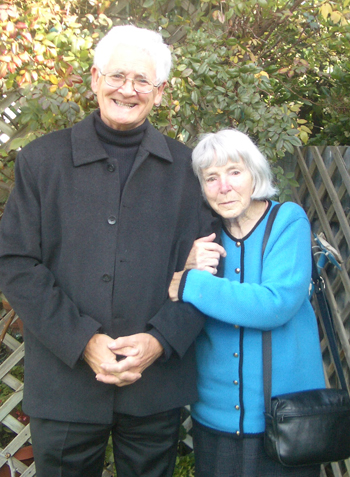 The author with his motherThe eulogies revealed a woman of no great public achievements, but a person nonetheless: of strong character, one whose determination had shaped the lives of her children, whose kindness has benefited many, whose conversation had enlivened many a gathering, and whose amazingly prolific correspondence had sustained friendships across the world. I was touched, and surprised, when Charles’s granddaughter, a young doctor, pointed out that for her, her siblings, cousins, and their children, the nineteen years of marriage with Charles had turned May into a natural and much-admired grandmother. In her happiest years she had belonged to them as much as to any of us.
The author with his motherThe eulogies revealed a woman of no great public achievements, but a person nonetheless: of strong character, one whose determination had shaped the lives of her children, whose kindness has benefited many, whose conversation had enlivened many a gathering, and whose amazingly prolific correspondence had sustained friendships across the world. I was touched, and surprised, when Charles’s granddaughter, a young doctor, pointed out that for her, her siblings, cousins, and their children, the nineteen years of marriage with Charles had turned May into a natural and much-admired grandmother. In her happiest years she had belonged to them as much as to any of us.
Six of us carried the coffin to the grave-site in the little cemetery out the back. Was I the only one to find the burden so heavy? A former rower, I keep myself in reasonable shape, but I could feel the weight pulling me down and down.
There was no world-shaking context to my mother’s death, no Washington crisis, no Kennedy memories, and our family had no upstate New York farm in which to regroup. But something did happen while my wife and I were driving back to Melbourne on the Western Highway, somewhere in the flashing shadows of the eucalypts between Ararat and Horsham. It was a radio news announcement that the High Court had declared illegal the Australian government’s plan to send asylum seekers to Malaysia for processing. I could hear my mother chuckling, and her voice saying: ‘It jolly well serves them right!’ It was ten years earlier, at the time of the Tampa and the ‘children overboard’ affairs, when she was eighty-five, that she had taken her most public political stance. Not able to believe at first that an Australian prime minister could have condoned something she regarded as crass and cruel, she wrote to her local member, Alexander Downer, who happened to be the nation’s foreign minister. The bureaucratic gobbledy-gook of the information sheet attached to his short and formal reply infuriated her, and she annotated it with underlinings and sarcastic exclamation points and comments. It atomised the neatness of the foreign minister’s letter. I felt the same way about the High Court decision, its simple rightness. Mother and the High Court were at one in affirming the possibility that goodness could prevail, at least for a time.
In life, my mother and Melba maintained a lasting friendship, although they had only twice spent time together, a long time ago. It was in 1967 that my mother went to Prospect. The Italian-Americans immediately baptised her Maria, and why not? Her name was May, which is Mary’s month, and Mary in Italian is Maria. It was high summer, and they took her all around the family sites in Connecticut: Litchfield, Guilford, Leetes Island, Stony Creek, Lake Quassapaug. Those were high-energy times: it was the Westmoreland–Johnson escalation of the war in Vietnam; Philip Roth was polishing Portnoy and Vonnegut Slaughterhouse-Five; the sounds of Big Brother and the Holding Company were surging eastward from the Coast. The very air was awash with adrenalin, pheromones, and endorphins. Of course, we of the younger generation believed that the future belonged solely to us. Our certitude came with turbulence and a radicalisation that we saw as our destiny and that we simply knew our elders could not understand. We were not surprised that they stayed in their own world, just that their conversations seemed to be so animated. There were big family gatherings, with uncles and aunts and cousins and in-laws. In 1967 the roll-call was still a large one: Melba’s mother, the opera lover, was still very much a presence, as were her sister and brother; Joe’s siblings and their families were an earthier clan who did not always meet Melba’s standards of social mixing, but they were there. My mother discovered in herself a gregarious streak that enlivened and nourished her; for Melba and Joe, she was like a new young sister. In the family guest book, she wrote: ‘If this is America – I love it!’
The second meeting, a decade later, was different. Mother was in England then, caring for her widowed son and his baby daughter. They were living in a tiny stone cottage in the village of Thrupp, outside Oxford. There were good, convivial neighbours, but the tragedy of the fatal car accident in northern France still hung over them. It was a quiet visit, although Melba never forgot the trip to Banbury Cross and the ‘delicious’ buns they had there with their tea.
After that, the relationship was sustained by letters. May and Melba were devoted correspondents, May right to the end, Melba until her Parkinson’s curdled her writing to undecipherable scribble. Both had firm, highly individualised handwriting, a vehicle for voices and personalities that were also strong and independent. Had they met again, they would not have missed a beat. Isabelle believes that they have indeed met again, and that they are ‘probably having a good old chat’ in heaven. I love the simplicity of that imagination, and wish I could share it. If I could, I think I would see the two women dancing. Just as Melba did, my mother loved to dance. There was fun in it, but something more as well, an urgent sense that life always needs to flow beyond itself and find a rhythm threading it into other lives. It is a good lesson for those of us who have been left behind. The trouble is, now they’ve gone, that it seems harder to know where to put one’s feet, harder to keep them moving in the right way.
‘Now They’ve Gone’ received the second prize in the 2012 Calibre Prize for an Outstanding Essay.



